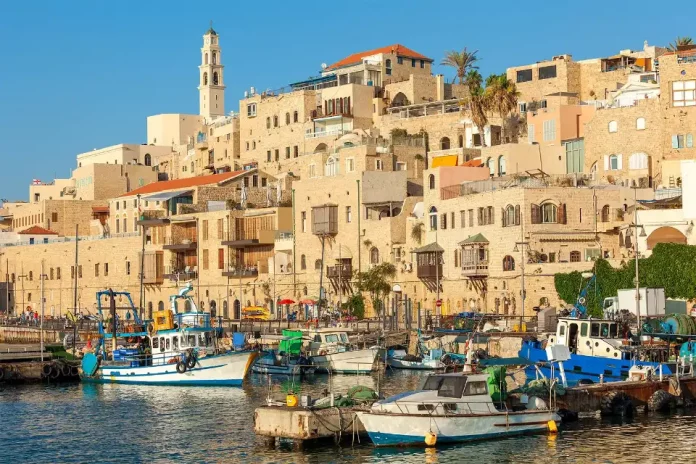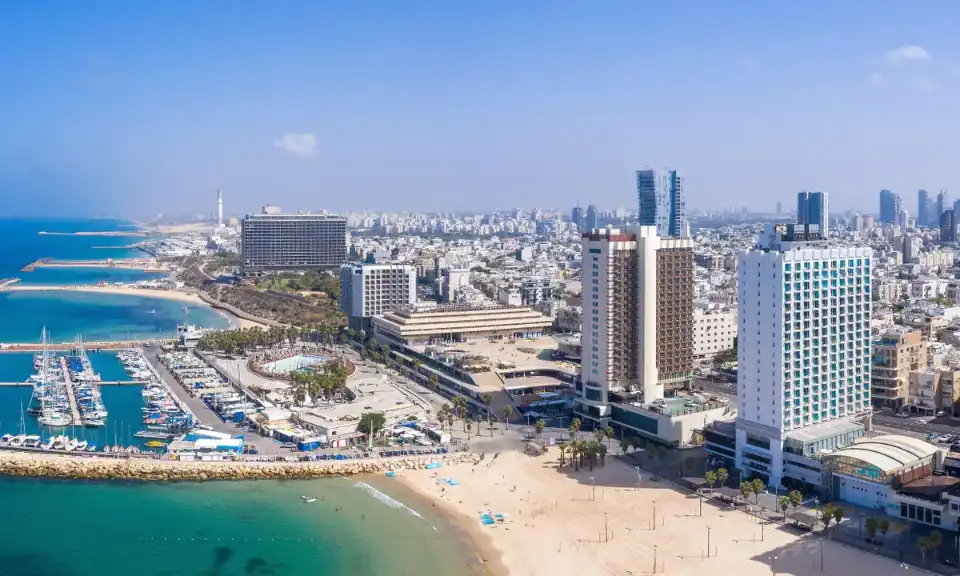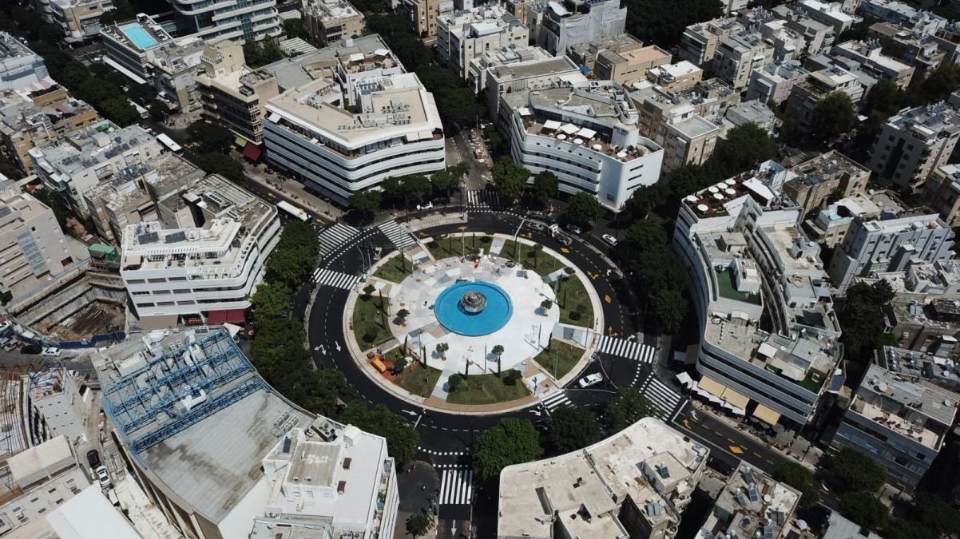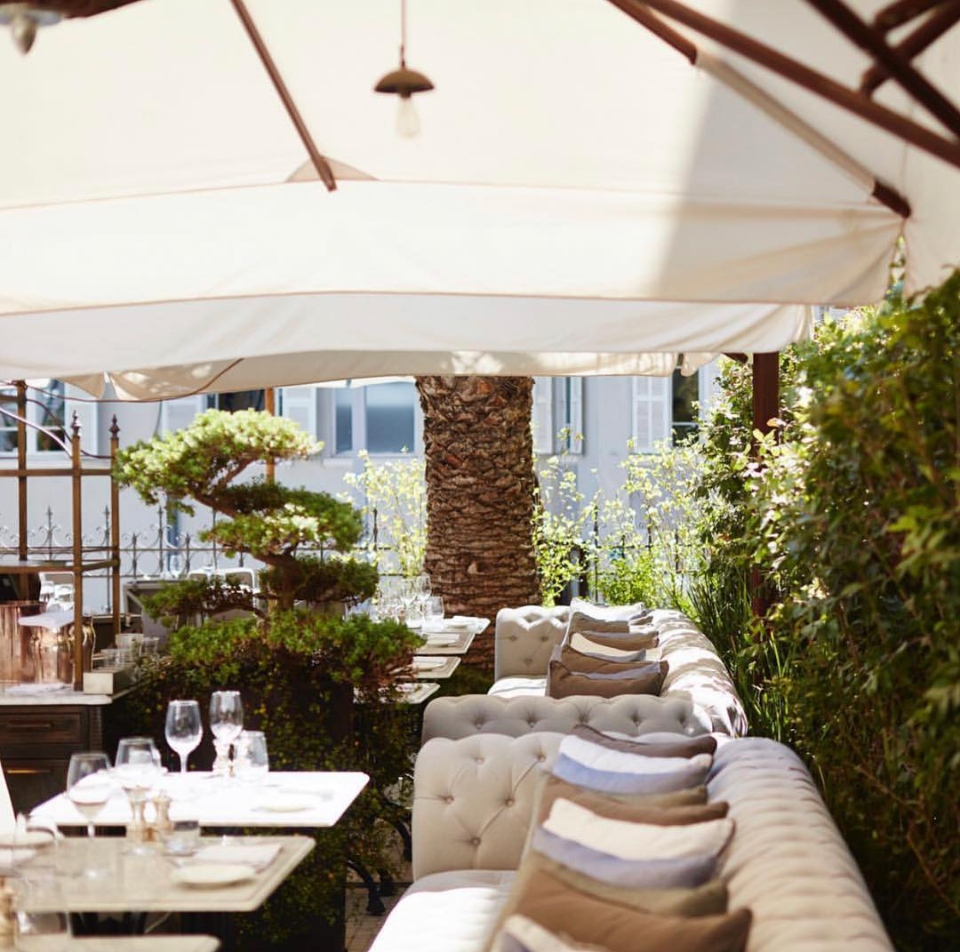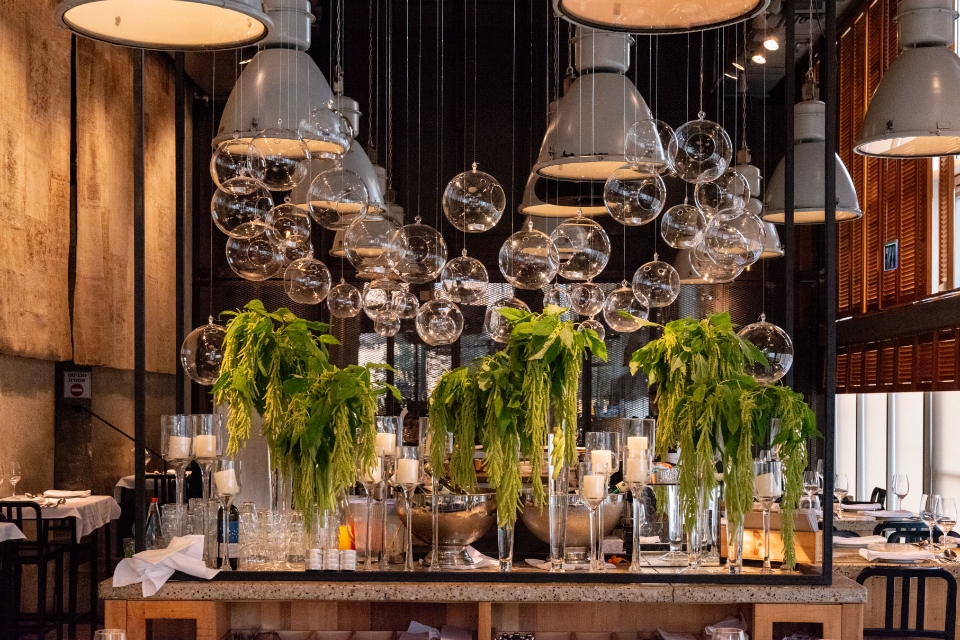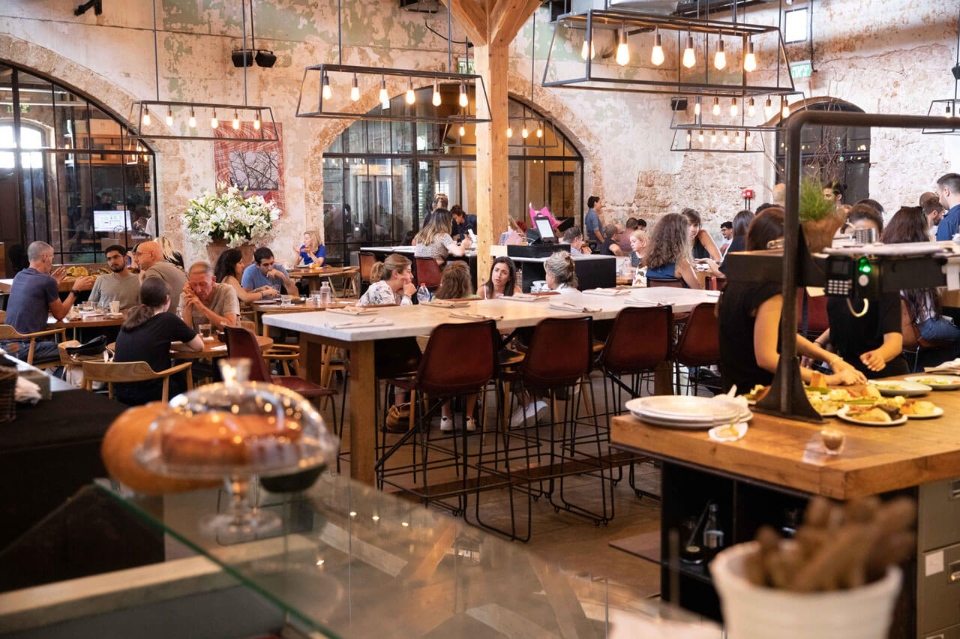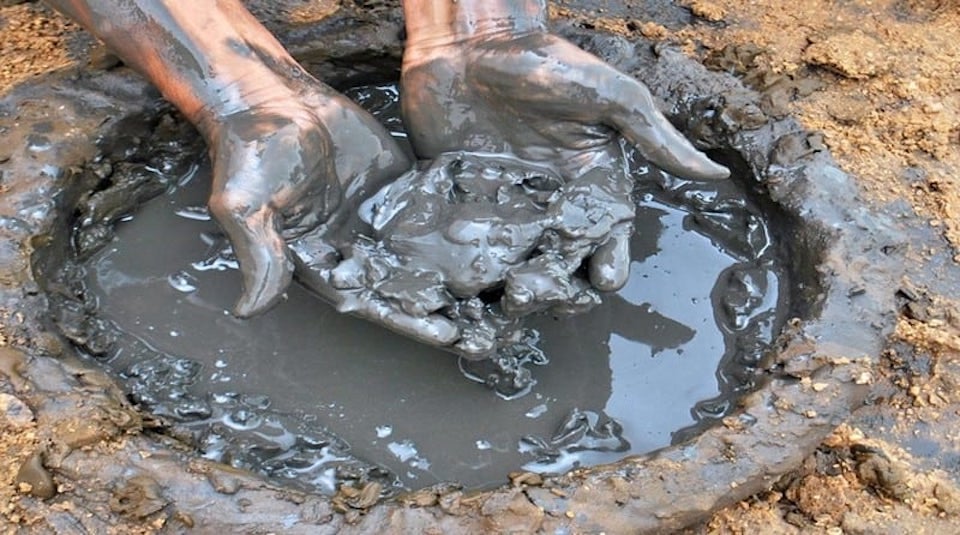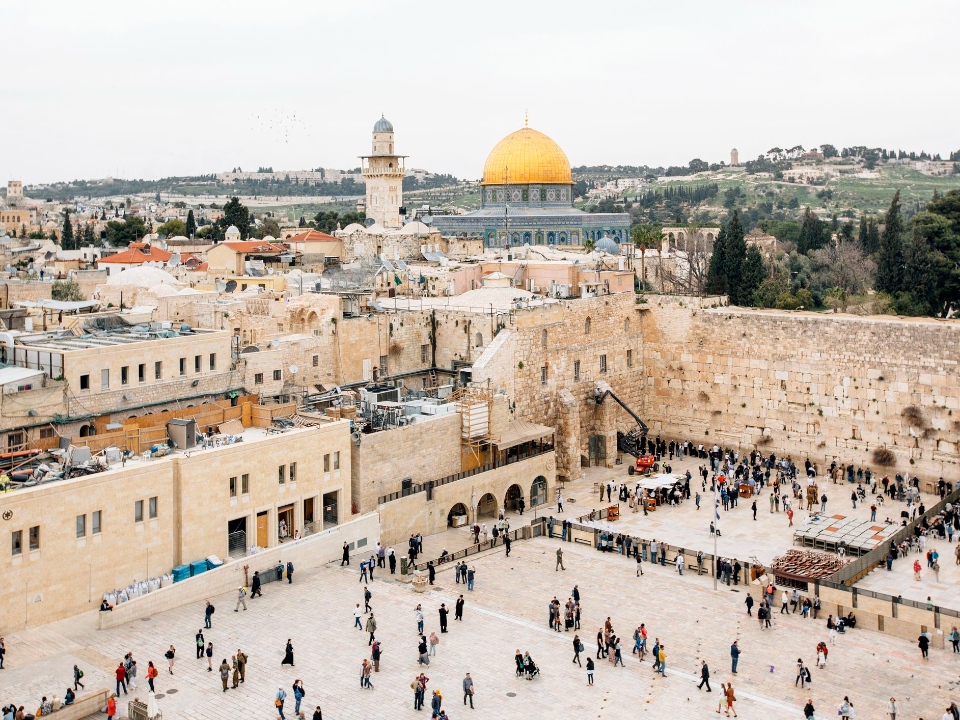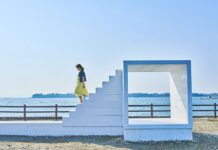When it comes to Tel Aviv, people will immediately think of an expensive city with all night parties. Tel Aviv is like a rose growing in the desert, symbolizing the will of the Jewish people to return to the Promised Land. For me, Tel Aviv is not the most beautiful, most livable city or want to return to in the future. But I really must write about this special city with my full respect. Tel Aviv really has created its own identity, both young, hybrid, and grumpy. I would like to share my guide to Tel Aviv for young people who love to travel. So, is Tel Aviv worth visiting, what to do in Tel Aviv and how to plan a perfect budget trip to Tel Aviv for the first-time? Let’s check out our Tel Aviv travel blog (Tel Aviv blog) with the fullest Tel Aviv travel guide (Tel Aviv guide, Tel Aviv tourist guide) from how to get to Tel Aviv, best time to come, where to stay, best places to visit, what to eat and top things to do in Tel Aviv to find out the answer!
- Jerusalem travel blog — The fullest Jerusalem travel guide for first-timers
- Where to visit in Seoul? 20 Beautiful & best places to visit in Seoul for First-Time Visitors
- The ULTIMATE guide to Manila Ocean Park
- 15 best places to visit in Bangkok for couples
- Khao Kho travel blog: How to get there, top things to do, eat, see & MORE
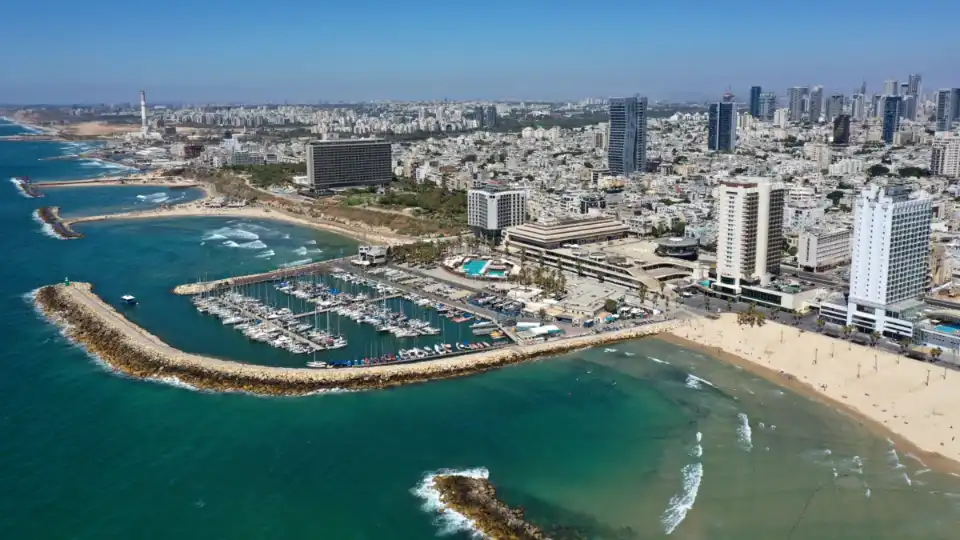
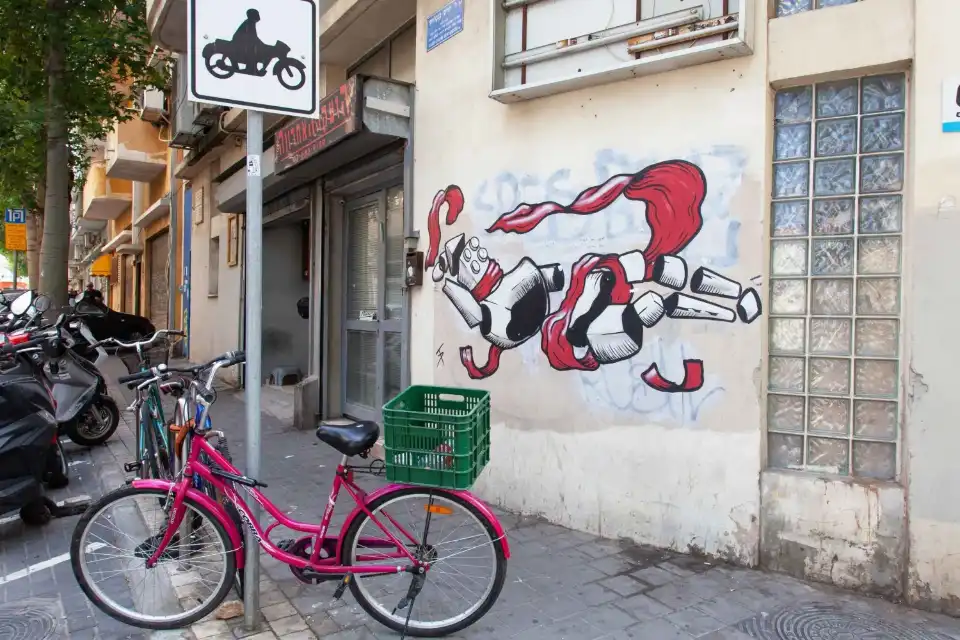
Located along the sparkling blue Mediterranean coast, Tel Aviv is a bustling and free city by the sea that promises to give visitors a great trip. Clearly secular with proud hedonism, the pride of Tel Aviv’s thriving cultural scene is the art galleries, gorgeous boutiques and fine restaurants adjacent to street food stalls. You can party to your heart’s content and then relax on any of the great white sand beaches on the west side of the city.
Tel Aviv travel blog: Overview of Tel Aviv
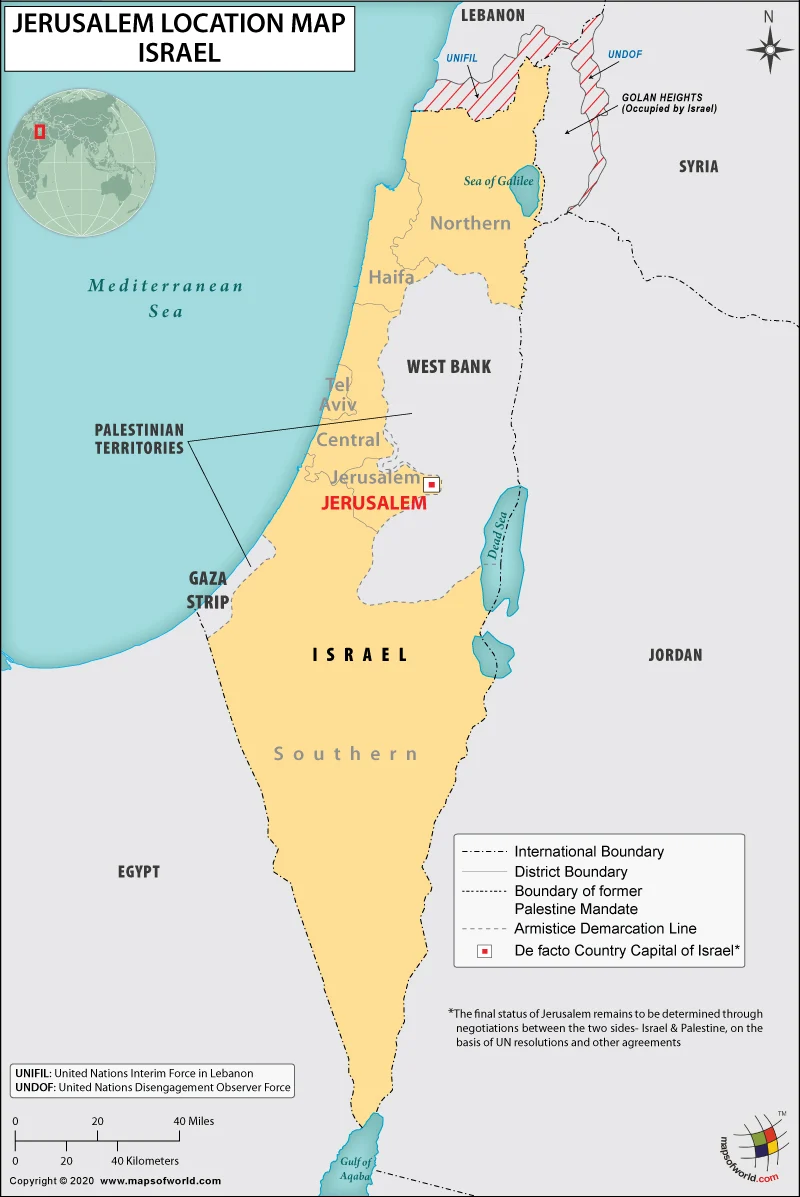
Tel Aviv is away 70 km northwest of the capital Jerusalem. North of Tel Aviv is the Yarkon River, which flows in the Saron region, followed by the Judée plains south of the city. It is an important industrial and commercial center, including textiles, metallurgy, chemicals, mechatronics, leather and footwear, and diamond processing. Ten Aviv is also the economic and financial center of the country, with the second largest economy in the Middle East after Dubai, and is the largest cultural and educational center of Israel with two leading universities, one national museum of art and many theaters, opera houses…
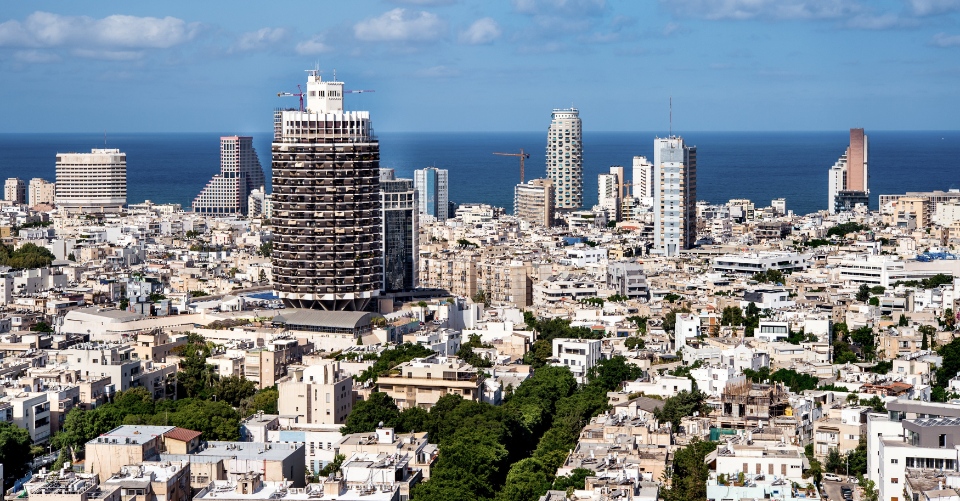
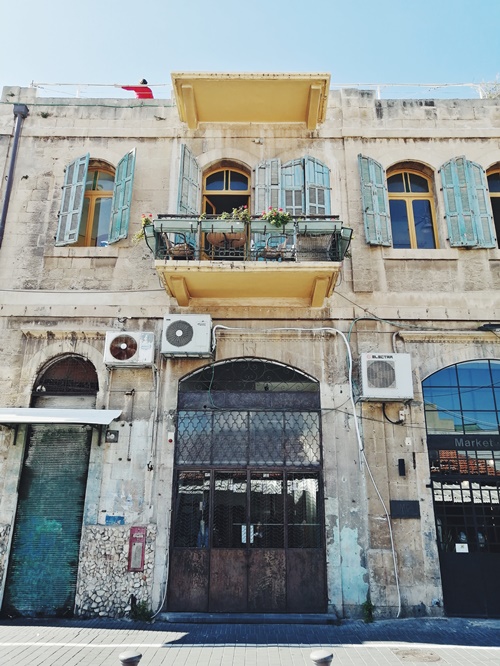
Tel Aviv is located in the western part of Israel, on the shores of the blue Mediterranean Sea. Thanks to its vantage point, Tel Aviv was once a vibrant port for the Arabs during the Ottoman period. Contrary to popular belief, Tel Aviv is neither the capital nor the second most populous city of Israel after Jerusalem. However, the capital Jerusalem is currently not recognized by the international community, so Tel Aviv is the headquarters of many international diplomatic missions and embassies of other countries.
Tel Aviv-Jaffa like the version of Barcelona in Spain or San Francisco in the US, is famous as a “city that never sleeps”, with bars, cafes, restaurants, beaches, parks, shopping centers… And the skyscrapers facing the sea front, combined with vibrant entertainment venues, green parks, clubs, upscale shopping malls. This place is really the perfect entertainment world for visitors.
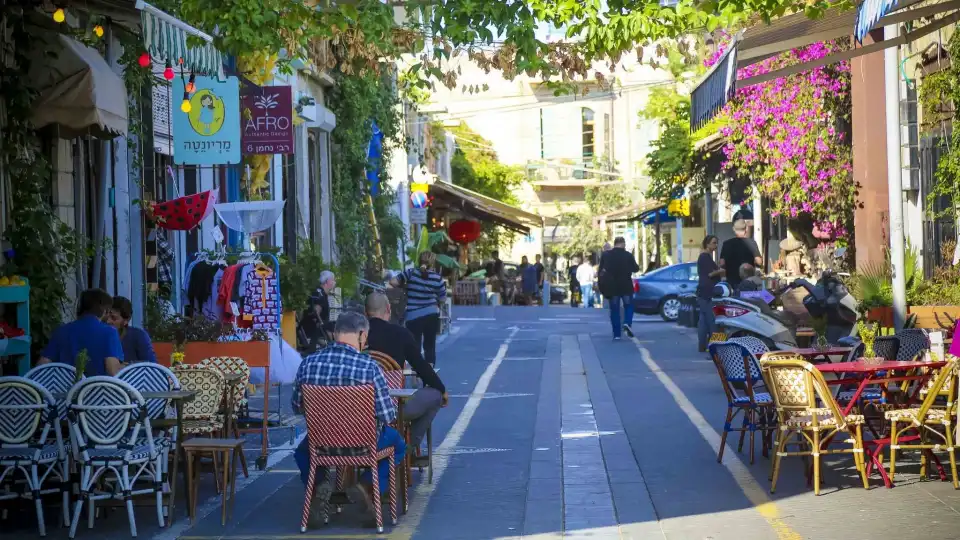
Tel Aviv-Jaffa is also an Israel’s largest cultural hub with a wide range of museums, galleries, theaters and concert halls. In 2005, the city was recognized as a strong contender for the global city title.
Having a history of more than 4,000 years, Tel Aviv was originally a port for trade in the area around the Mediterranean with the eastern region. The earliest traders here were the Egyptians, then the Babylonians, Phoenix from 2000 BC. Then came the Sumerians, the Canaanites, then about 1000 BC were the Jews. The Jews called this port Yafo, now Jaffa, the name of one of the sons of Noah in their legend (whose legend and name are of older Babylonian origin).
Tel Aviv is a popular place for young people who love swimming, surfing, and partying at night. Or simply walk along the coast, watch the sunset at Jaffa port by the ancient walls. Israeli families often come here on weekends or holidays. It is one of the world’s leading modern, developed cities, and is Israel’s second most populous city, after Jerusalem.
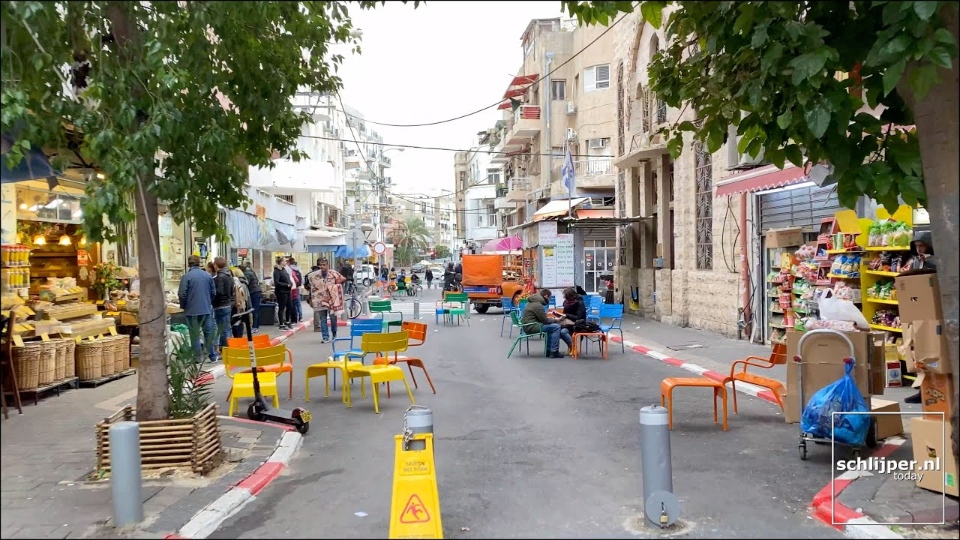
Tel Aviv travel blog: What is Tel Aviv – Yafo?
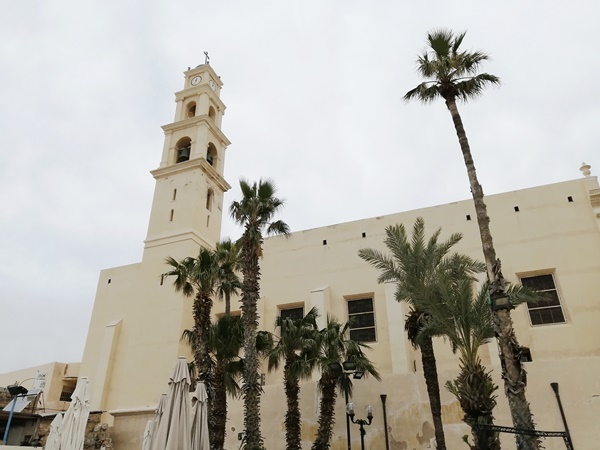
When you come to Tel Aviv first, you will wonder why Tel Aviv is often attached with the name Yafo on the signs. In fact, Tel Aviv is just the name of a land built by the Jewish immigrants after 1909. Yafo is another pronunciation of the port of Jaffa. The ancient city of Yafo is like the old quarter of Hanoi, and Tel Aviv is the districts like Dong Da, Hai Ba Trung. Tel Aviv was once a desert, swamp, now it’s full of new buildings and Yafo was inhabited by the majority of the Arab population. The calling Tel Aviv – Yafo aims to separate the geographical and historical aspects of this multi-ethnic administrative area.
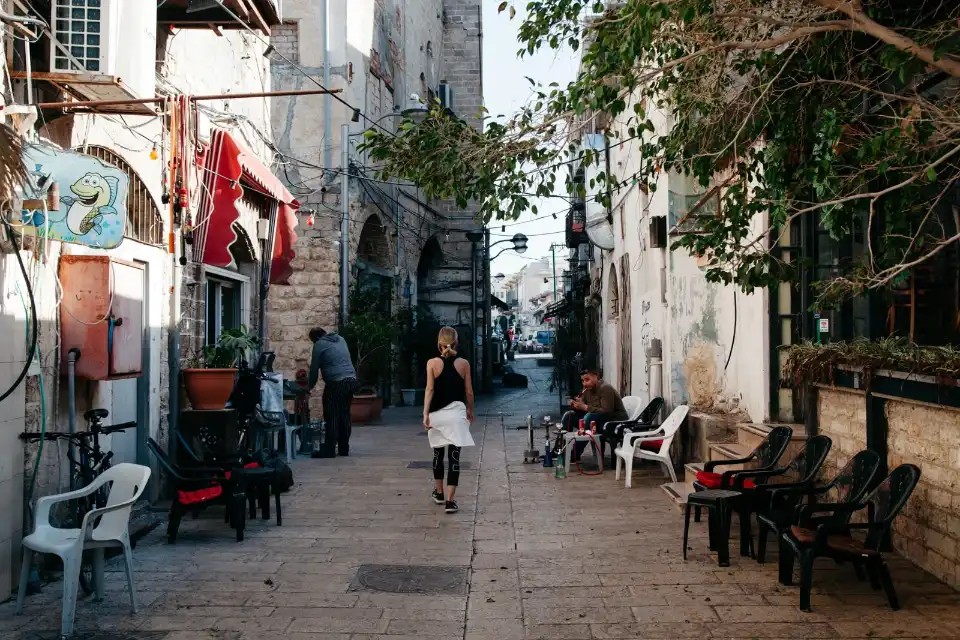
Why should you travel to Tel Aviv once in a lifetime?
The Middle East has a lot of modern, bustling and thriving cities like Dubai, Abu Dhabi but Tel Aviv is more different thanks to its openness to LGBTQ gender equality and ethnic equality. As a home to Jews from all over the world flocking to, along with Arabs, African immigrants create an atmosphere of openness unmatched anywhere in the Middle East.
Tel Aviv is also a city with historical and cultural layers second only to Jerusalem. The port city of Jaffa with Byzantine, Ottoman architecture and the cheerful colors of the Mediterranean port.
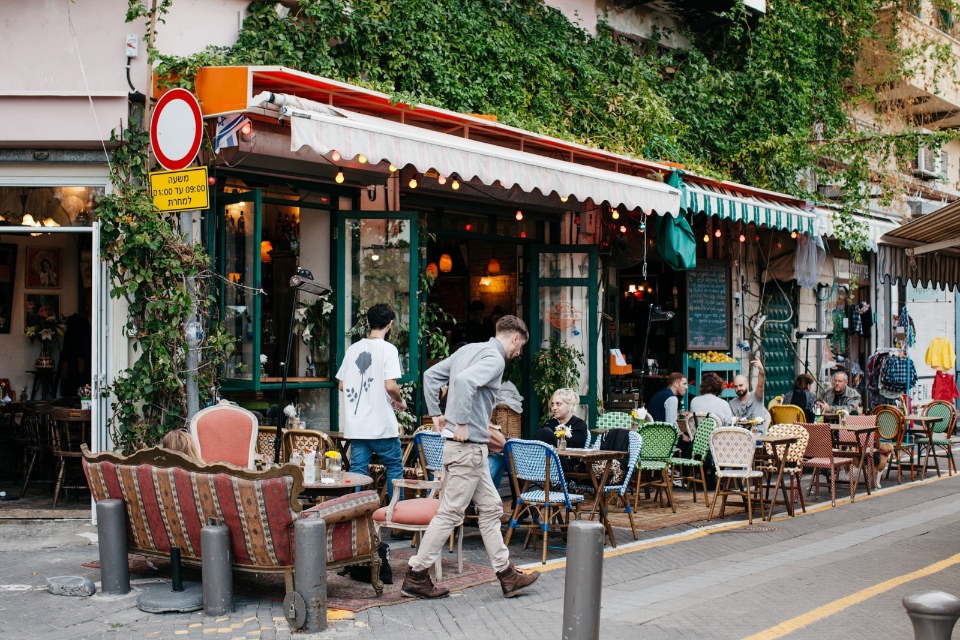
The white city of Tel Aviv is a World Cultural Heritage site with the famous Bauhaus architectural style of the early 20th century. Along the Tel Aviv coast are dazzling skyscrapers. Not to mention, each district of Tel Aviv is home to ethnic groups with different cultures. Due to the hot and dry climate most of the year, Tel Aviv beaches are famous for its vibrant nightlife.
Is Tel Aviv safe?
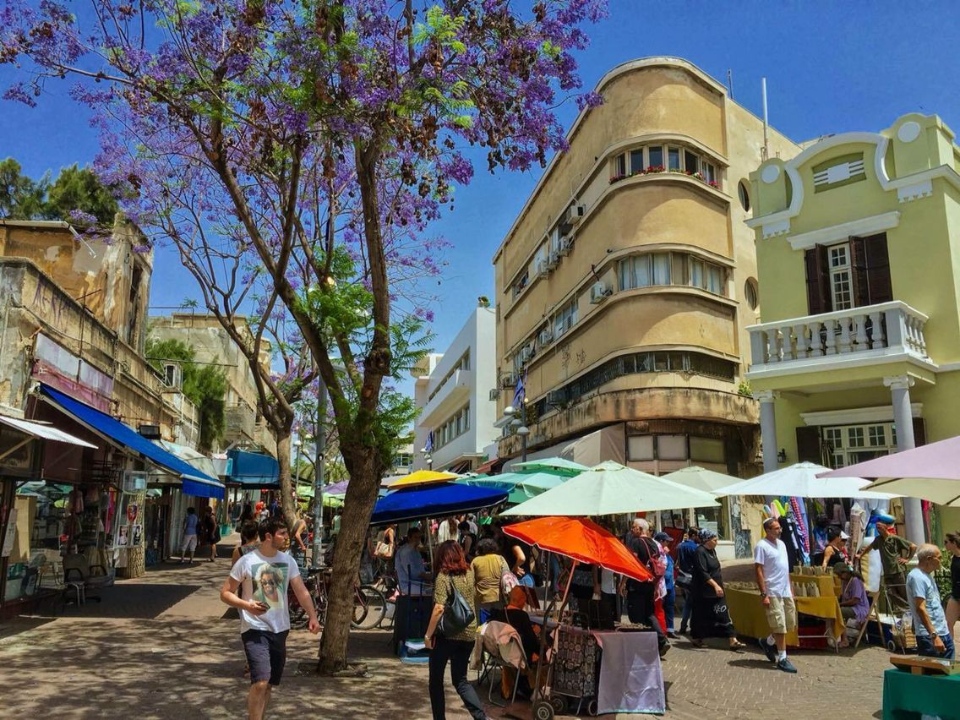
Tel Aviv is a safe city for tourists because it is located quite far from the disputed lands between Israel and Palestine. Tel Aviv is also the city with the most stringent security checks in the world, security checks everywhere. So far Israel is the only country in the world where since its re-establishment everyone is required to join the army, regardless of male or female.
Everywhere male soldiers go, they carry weapons… if you come to Israel, it is normal to encounter dozens of gunmen on the road or in the parking lot.
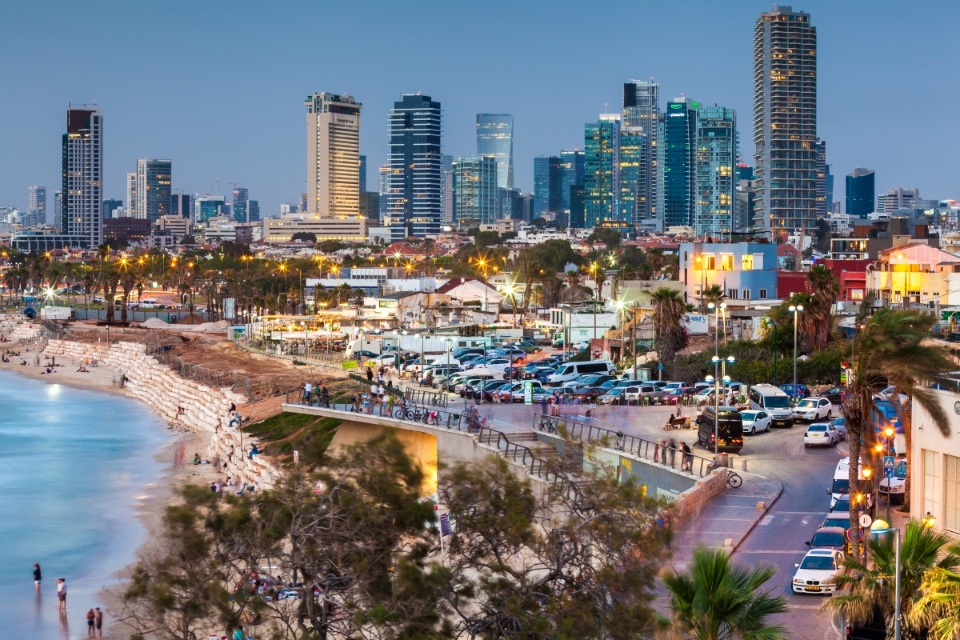
The security system here is extremely strict. Passengers, regardless of nationality, are thoroughly interrogated. All luggage is checked to the smallest detail. Security staff use machines to check suitcases, bags, cameras, laptops, etc. However, everyone sympathizes because Israel is still a hot spot in the Middle East.
What is quite special is that passengers are stamped entry on a separate sheet, which is customary to stamp on the passport. The guide explained that in order to avoid Muslim countries like Iran, Arabs… not knowing you went to Israel because if they knew, they would interrogate you and cause trouble for you when you travel to their country.
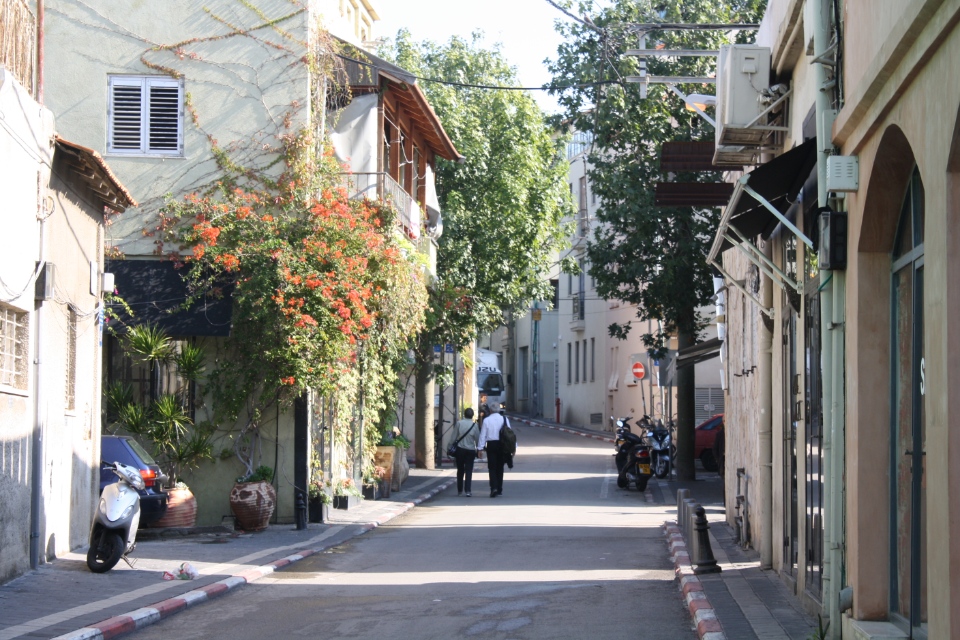
Is Tel Aviv an expensive city?
Exactly. Because Israel is located in an area with many conflicts, taxes on goods and people’s living are quite high to maintain the army. Not to mention, in addition to the agricultural industry, Israel has to import a lot of raw materials such as crude oil, household appliances, even laborers. All the above reasons make the living costs are very expensive in Tel Aviv, on par with the central districts in Paris, New York or London.
Tel Aviv travel blog: When to visit?
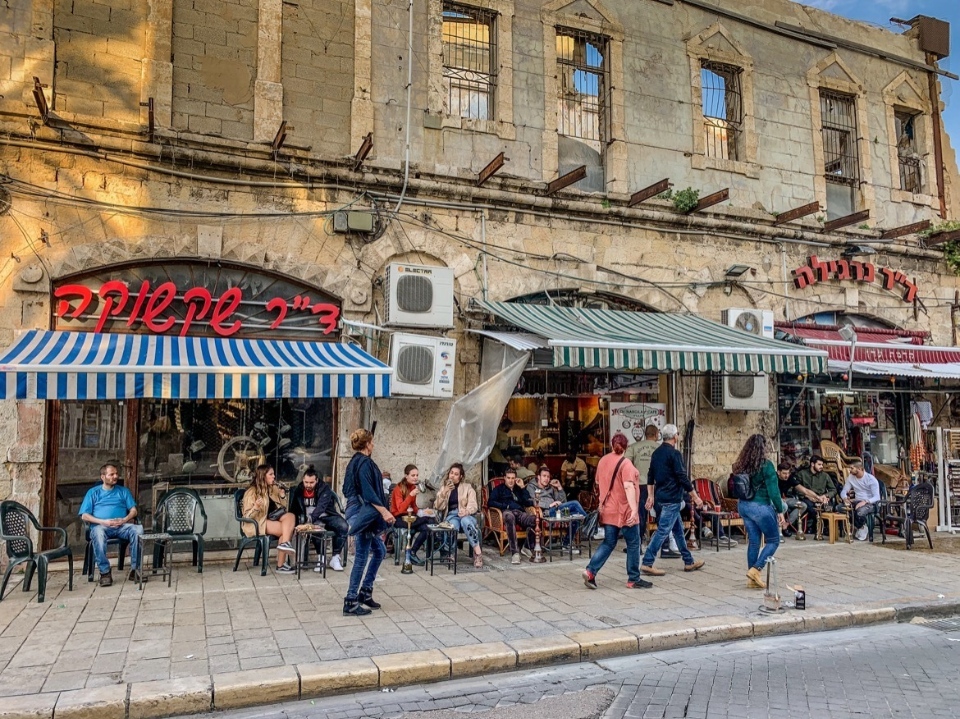
Due to its low altitude, close to the coast, Tel Aviv is hot and dry from April to September. The temperature can reach 40 degrees Celsius in mid-summer. However, the winter is cold at 10 degrees Celsius, cloudy with rain. You should visit Tel Aviv in the summer.
Spring (late February to May) and autumn (late September to November), when the weather is mild but still not scorching hot which is also a good time to come.
If you traveling to Tel Aviv in July and August, the temperature and humidity are very high, and so crowded.
Room rates skyrocket during Jewish festival months such as Pesach (around April) and Sukkot (a week in early October), although there are many shows and exhibitions for children at these times.
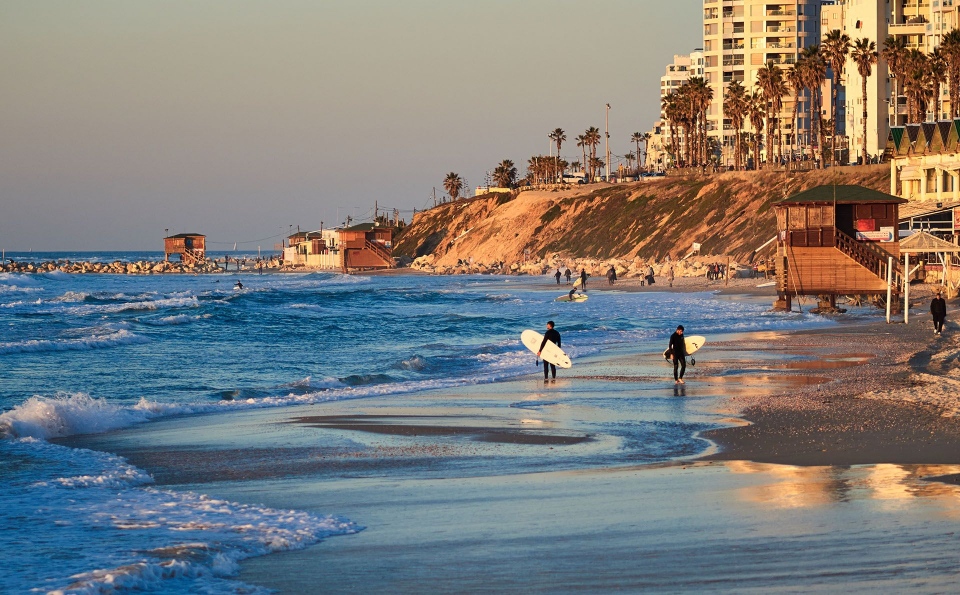
Tel Aviv travel guide: How to get to Tel Aviv?
Plane
From other countries, you can land at Ben Gurion airport, the customs here stamp on a separate sheet as mentioned above (removable stamps), so it’s okay for you to go to the Arab countries later. Security is very strict, everyone has to go through 2 security rounds at the transit airport and Tel Aviv airport, so the air ticket is very very expensive.
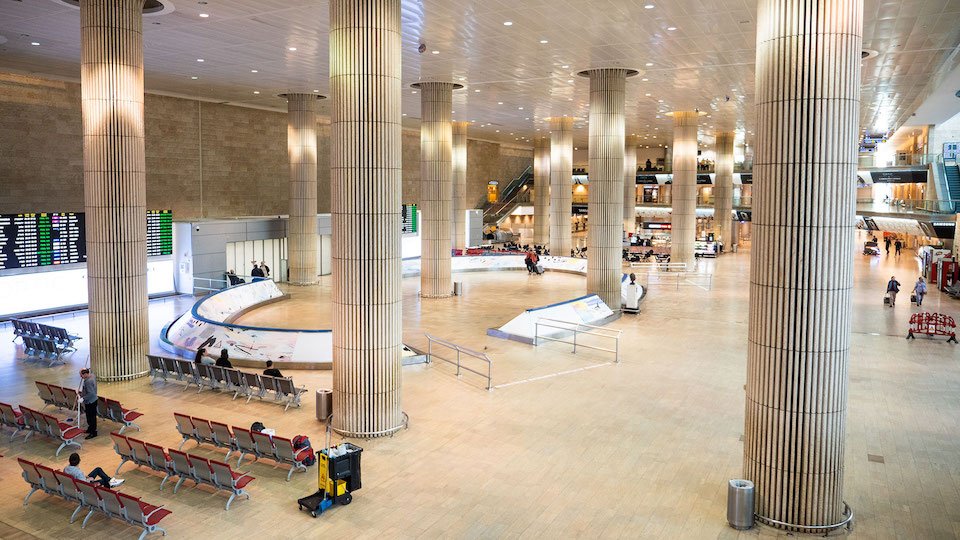
Ben Gurion Airport is located between Tel Aviv and Jerusalem, so you can go to one of these two cities first and then move to the city you want. From the airport you take a taxi is the most convenient way. If going from Jerusalem, take the train for about 2 hours and bus 405 or 408 for about 1 hour from Jerusalem Central Station. Note that each bus by the number will stop at a different station, so you should pay attention to which station is close to your hotel, then get off at that station for convenience.
Bus or train
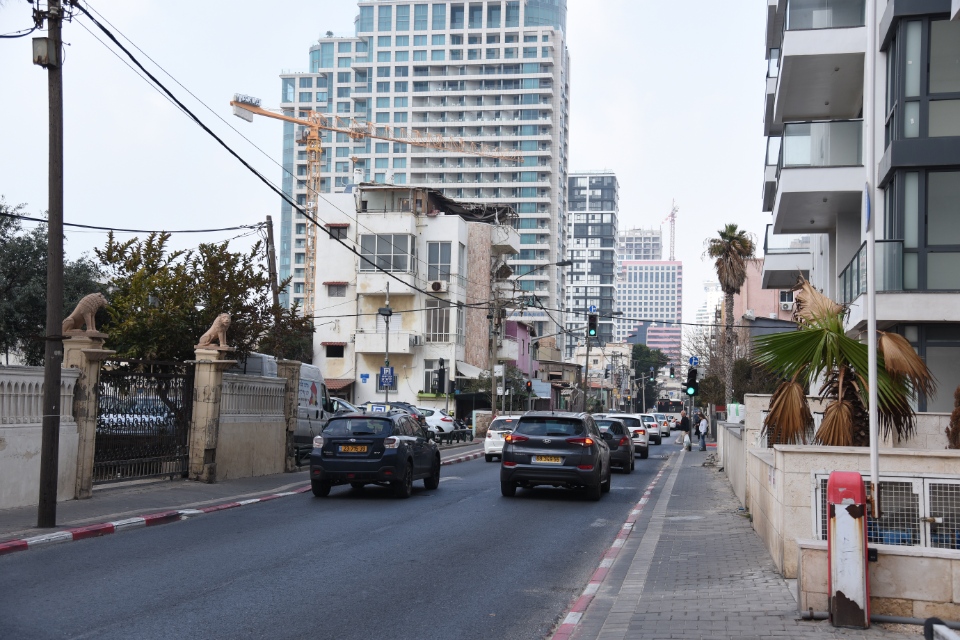
If you come from Arava desert region of southern Israel like me, you can go to Highway 90 to catch a bus, the bus stops at Central Bus, there are many trips a day up there, then take the Dan bus to the center city, ticket 5.9 shekels ($1.75)/person.
If you come from Northern Israel, you can take Egged bus or train that departs every day from Haifa.
If you start from Central Israel, let hitchhiking for a ride to the train station, Central Bus in Beer Sheva, then buy a ticket to Tel Aviv.
Tel Aviv is a hub for road and rail. Road lead to the northern city of Haifa and rail links to Jerusalem, Beersheba, and Gaza. Lod (Ben Gurion) International Airport is about 15 km from the center of Tel Aviv.
Getting around Tel Aviv
Bus
Tel Aviv is probably the city with the best inner city bus system I have ever known. Modern vehicles, many trips, diverse routes and especially almost every street has a bus passing through. You can use Google map, or go to this website to look up the route.
To use the bus, you have to buy a magnetic card on the bus and then top up at some convenience stores. With one ride, you have to swipe one when get on and one when get off to deduct the card. From 12am on Friday to late Saturday evening is the Jewish Shabbat (a Judaism’s day), so all services and activities are stopped. If you still want to go around at this time, you have to catch a dedicated bus here. This bus is currently free for people.

Tram
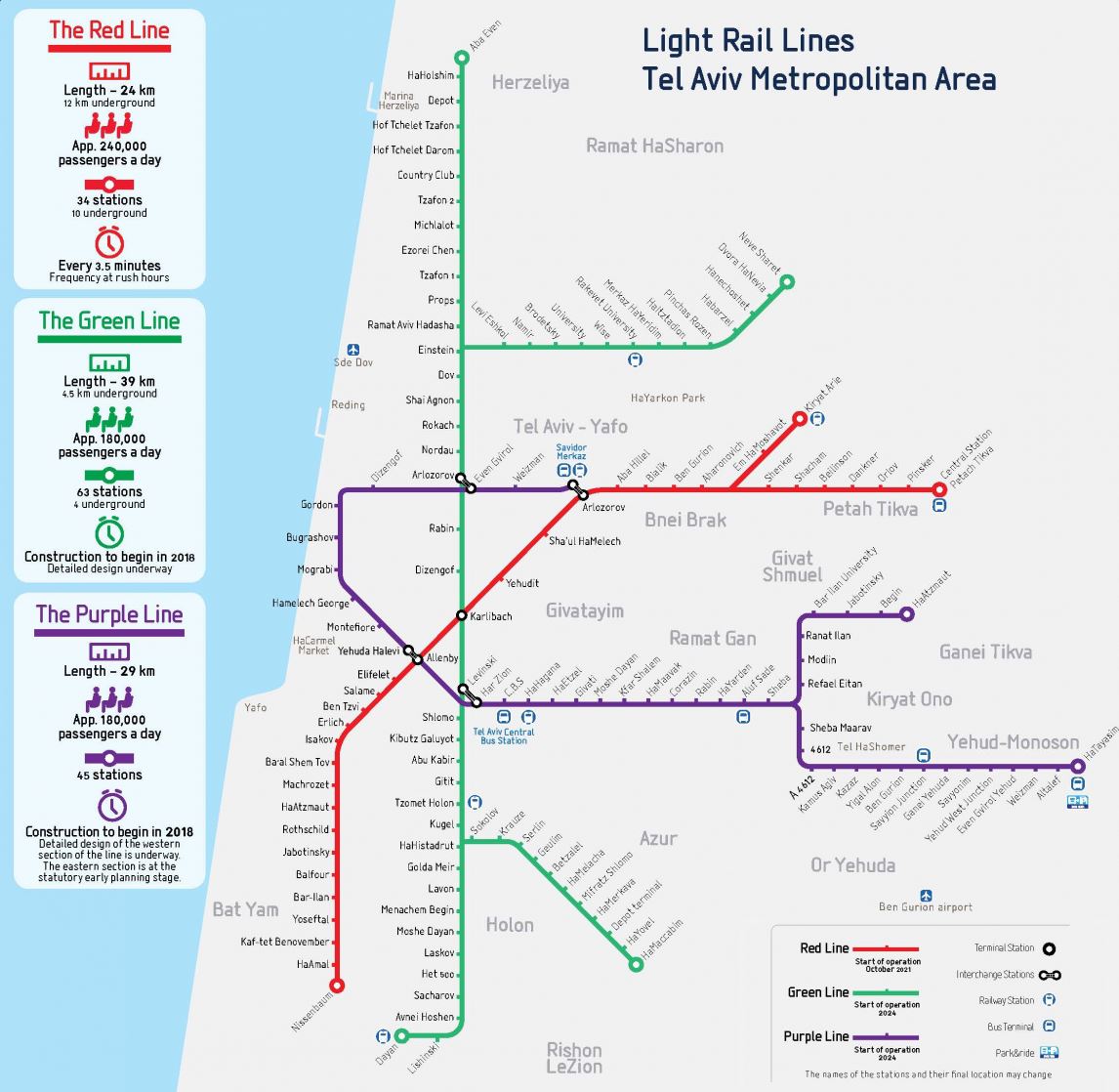
Currently, the subway in Tel Aviv is under construction, but it has to stop construction because the Chinese contractor cannot come because of the Covid-19 pandemic. But it will be completed in near future.
Bike or on foot
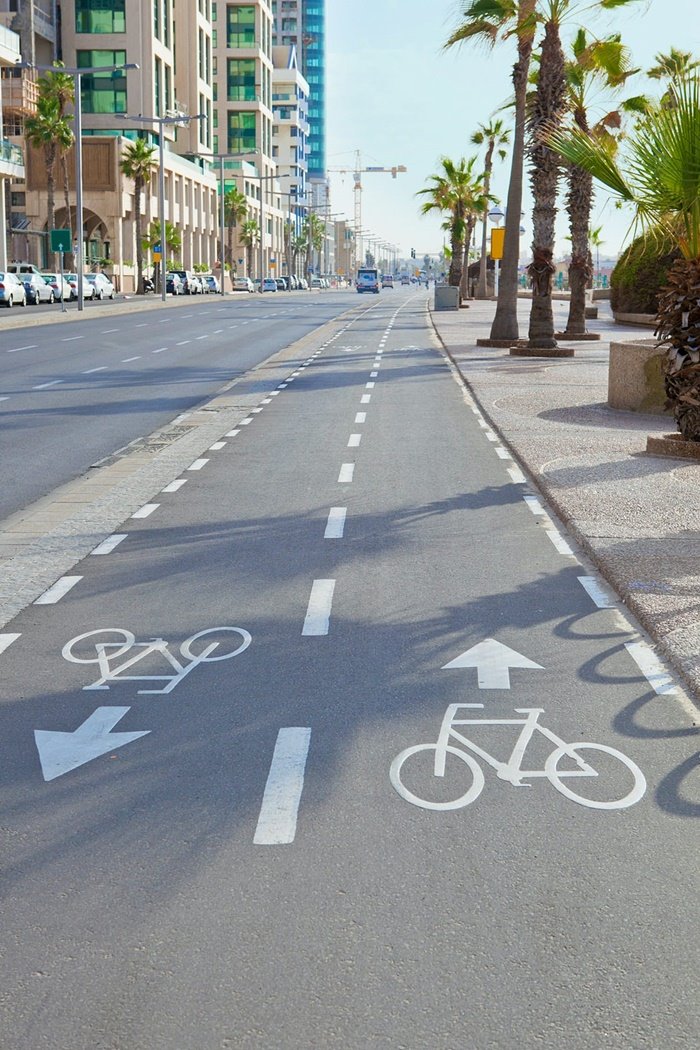
The best way to get around in Tel Aviv is on foot or by bike. Its wide boulevards (like Ben Gurion, Rothschild or Nordau), the park and the main beach promenade are great for baby strollers and have a dedicated bike path. Most city buses have a trolley zone.
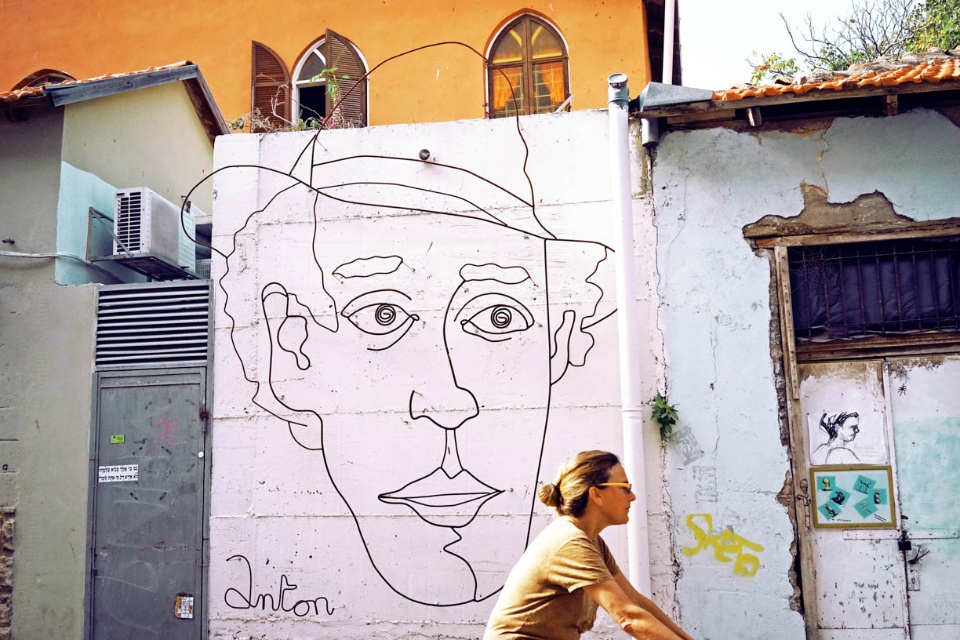
Taxi
Tel Aviv is notorious for its lack of parking, so renting a car in the city is stressful. If necessary, choose to take a taxi for about 30-50 NIS for a short trip. It is a “comfortable” price if you care about the air conditioning and have a place for the children to rest.
Tel Aviv travel guide: Where to stay?
For international tourists who are exempt from 17% VAT, the cheapest dorm price is also 70sk / bed, and other hotels with various prices depending on your budget. Before, I rented a room at Overstay TLV backpackers Hostel, location near Old Jaffa port, a good place to stay, light breakfast, self-cooking, tea, coffee… You can take a bus from Central Bus to come here, walk 4km takes a lot of time.
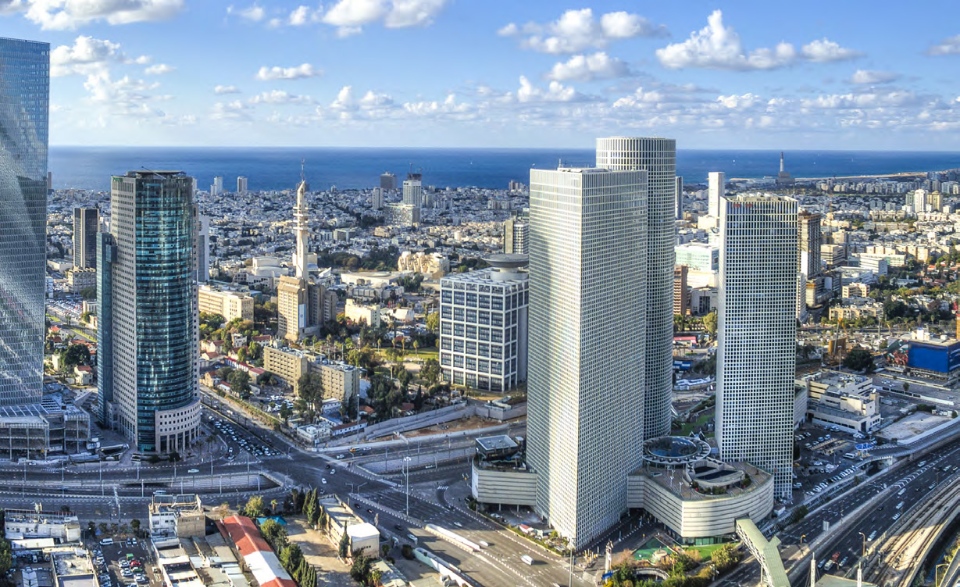
You can choose the White City or Jaffa area to rent a hotel. I really like this B&B in Jaffa, both spacious and very close to the old town of Jaffa. Nice view to the old town. For LGBT friends, you can refer to Inta Hotel (Agoda, Booking), a gay friendly hotel that I accidentally booked but really liked. At first, I didn’t know it was a LGBT-friendly hotel, but when I arrived, I saw that the staff were all male and the room decor was full of beautiful men photos, so I figured it out. However, the quality of this hotel is very good.
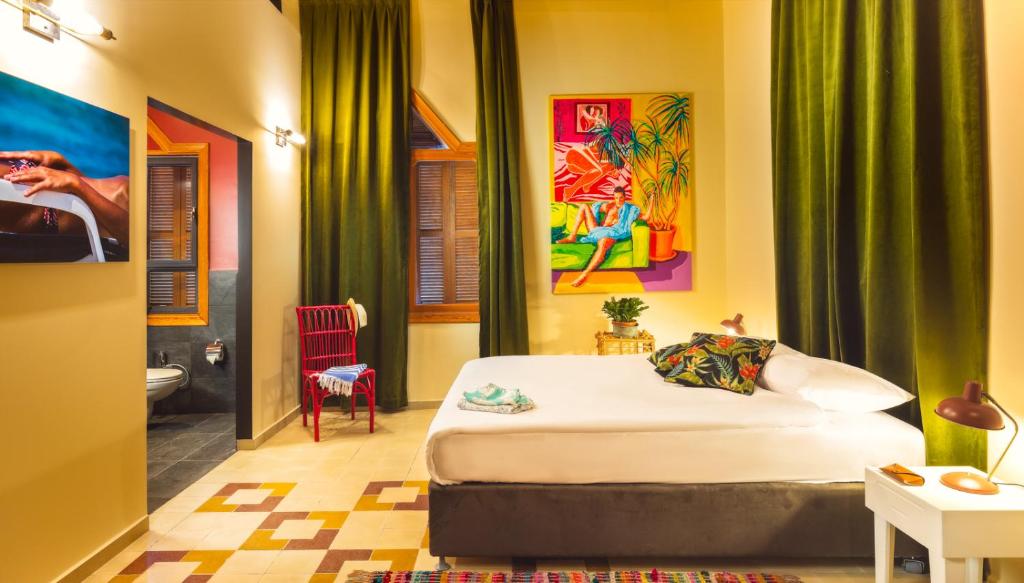
Below we recommend more best budget, mid-range and upscale hotels with good ratings and reviews you can refer to.
- Royal Beach Tel – Aviv Isrotel Exclusive (Agoda, Booking)
- The Vera (Agoda, Booking)
- 65 Hotel – an Atlas Boutique Hotel (Agoda, Booking)
- Shalom Hotel & Relax – an Atlas Boutique Hotel (Agoda, Booking)
- The Poli House by Brown Hotels (Agoda, Booking)
- Carlton Tel Aviv (Agoda, Booking)
- Embassy Hotel Tel Aviv (Agoda, Booking)
- Abraham Hostel Tel-Aviv (Agoda, Booking)
- Hotel Metropolitan (Agoda, Booking)
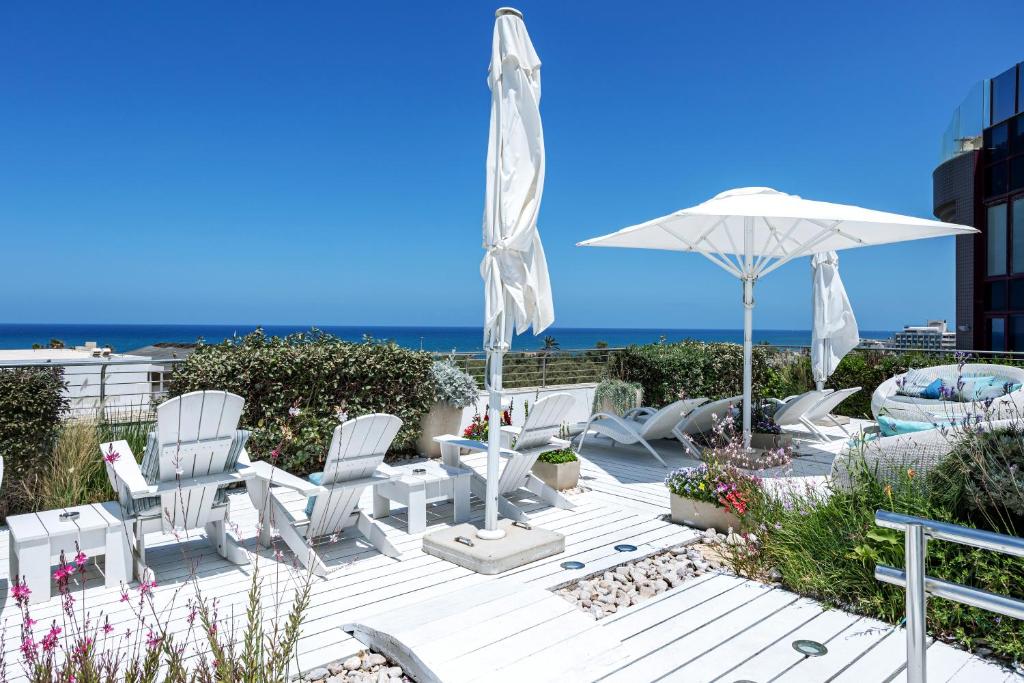
Check out more top and best hotels in Tel Aviv on Agoda.com or Booking.com
Tel Aviv blog: Where to go, what to do in Tel Aviv?
To fully enjoy its old-world charm, visit the Port and Old City of Jaffa. Stroll around trendy Neve Tzedek to discover interesting shops, cafes and art galleries. To see more of the beauty of Israel, take a trip on a day tour to the Dead Sea, Bethlehem, and Jerusalem from Tel Aviv.
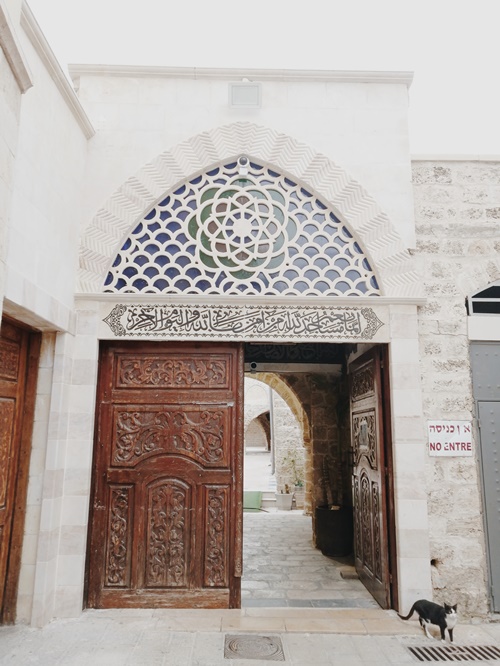
White City

White City is the pride of Tel Aviv. Nowhere in the world is the density of Bauhaus-style buildings and houses as dense as Tel Aviv. Bauhaus is an art style including architecture and interior born in Germany in the 30s. The characteristics of Bauhaus art are minimalist, utilitarian but extremely elegant lines. The Bauhaus-style buildings in Tel Aviv were built by Jews returning from Germany with distinctive white paint and soft curved lines. Combined with Arabic garden style and the subtle balcony window that catch Mediterranean breeze, the Bauhaus Tel Aviv’s identity is created. Today Bauhaus architecture is concentrated in Carmel Market, Dizengoff Square and Rothschild Street.
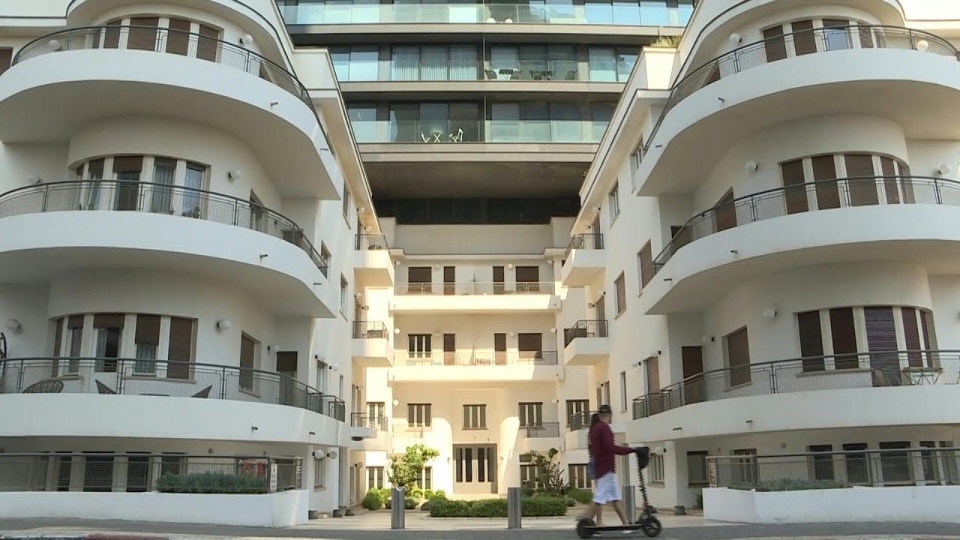
The city’s name says it all: The White City is a unique collection of 4,000 all-white buildings. It is a UNESCO World Heritage site, built by German-Jewish architects in the 1930s. The city has the largest number of Bauhaus-style buildings in the world and is a prominent contributor for the modernist movement. You can stop by the Bauhaus Center and go on a two-hour professional walking tour to see some of the city’s most striking architectures.
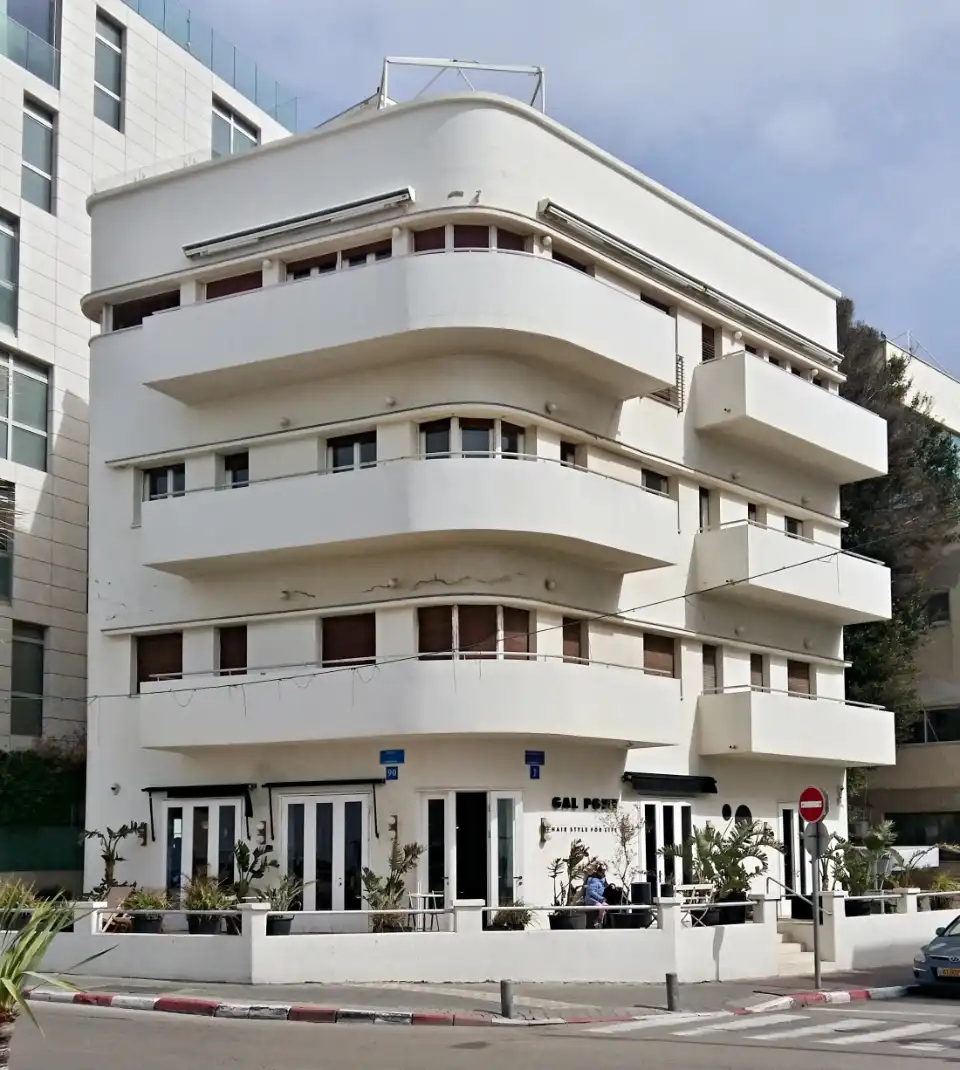
Beaches
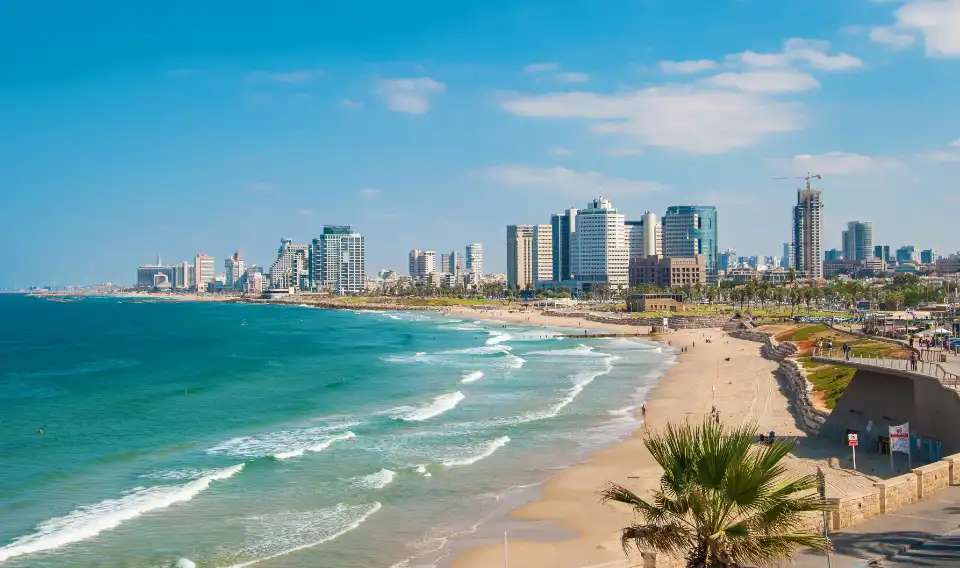
The mile-long stretch of Tel Aviv’s coastline adds to the popularity of this exciting and sandy city. But among so many beaches, which one is the best? The beach, known as the ‘gay beach’, can be easily recognized thanks to the numerous rainbow-colored umbrellas. This is a relaxing stretch of sand well-equipped for muscular copper-skinned men in tight swimsuits.
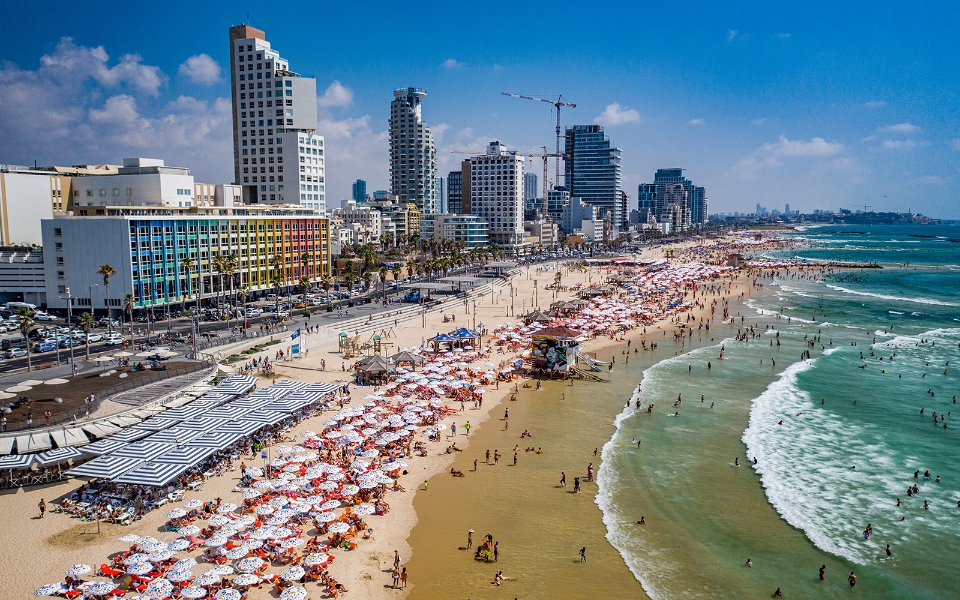
Gordon Beach is loved by both locals and visitors, with its ideal location close to dozens of restaurants and bars. Or if you’re into extravagance, Hilton Beach next to TopSea surf club is a promising spot with beautiful people, beachside service and sometimes you can meet celebrities.
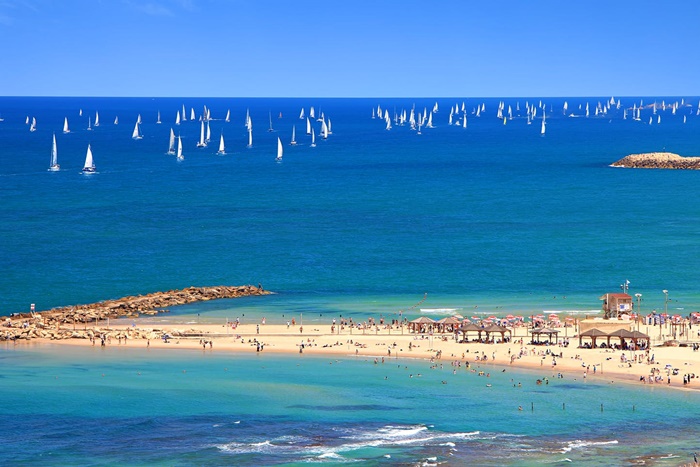
Yemenite Quarter
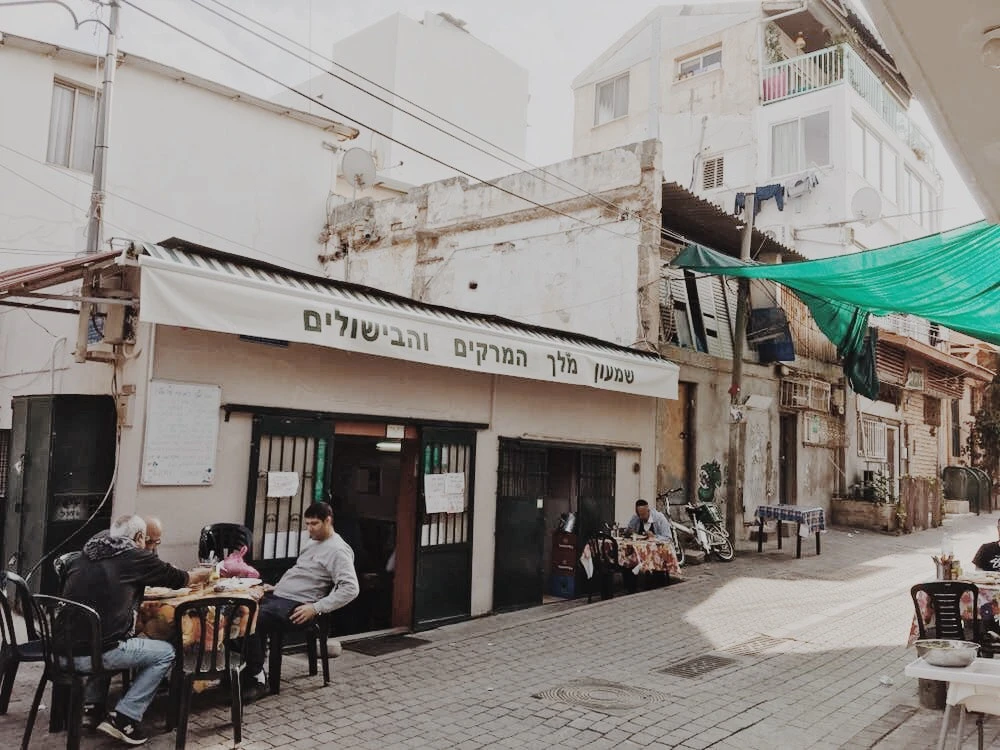
Located behind Carmel Market, Yemenite is a quarter of spice merchants, hipster cafes and small eateries that have been around for generations. Guests can visit Shlomo & Doron, which has the best hummus, or Anat’s Kitchen for a taste of local cuisine made by a charming Israeli grandmother.
Jaffa Port and Old Town
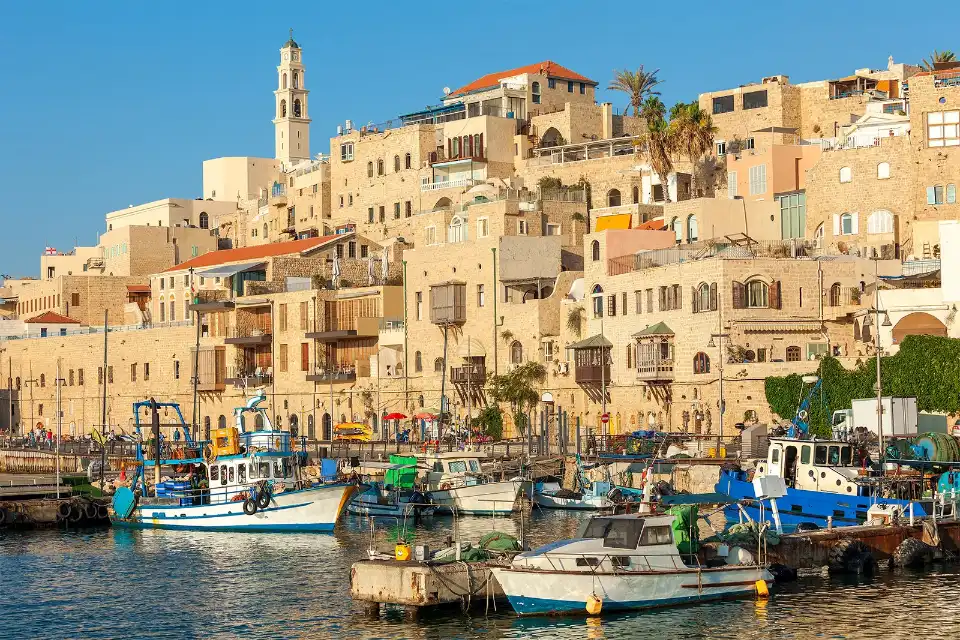
Jaffa is the oldest part of Tel Aviv city as introduced above, with bustling shopping streets, mosques, churches, museums, galleries, cafes, bars, walkways along the old port… This is a must-see attraction for visitors when coming to the Israeli city of Tel Aviv.
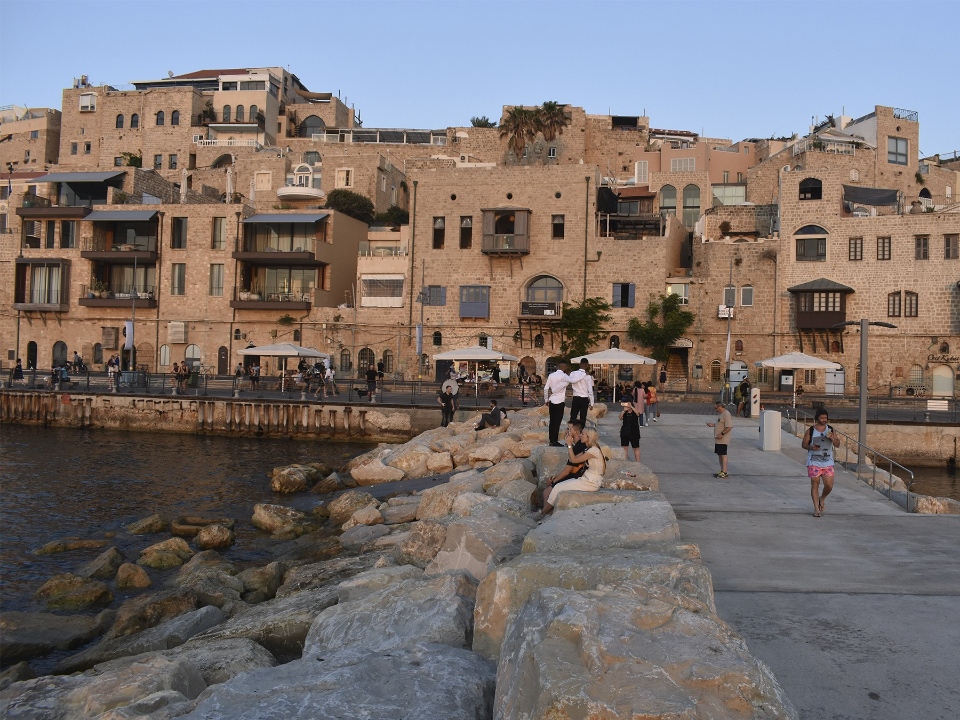
Jaffa, after many historical ups and downs today, is a mysterious and beautiful Arabic-style city on the shores of the Mediterranean. Viewed from the sea, Jaffa undulates the bell towers of the mosques, the ancient lighthouse, the bell tower of the Christian churches and even the typical shadows of the oil palm trees of the desert. Jaffa gives you an idea of the cities of the Thousand and One Nights, with their hundred-year-old tiled alleyways, restaurants overlooking the Mediterranean, and Tel Aviv’s famous lemonade fish.
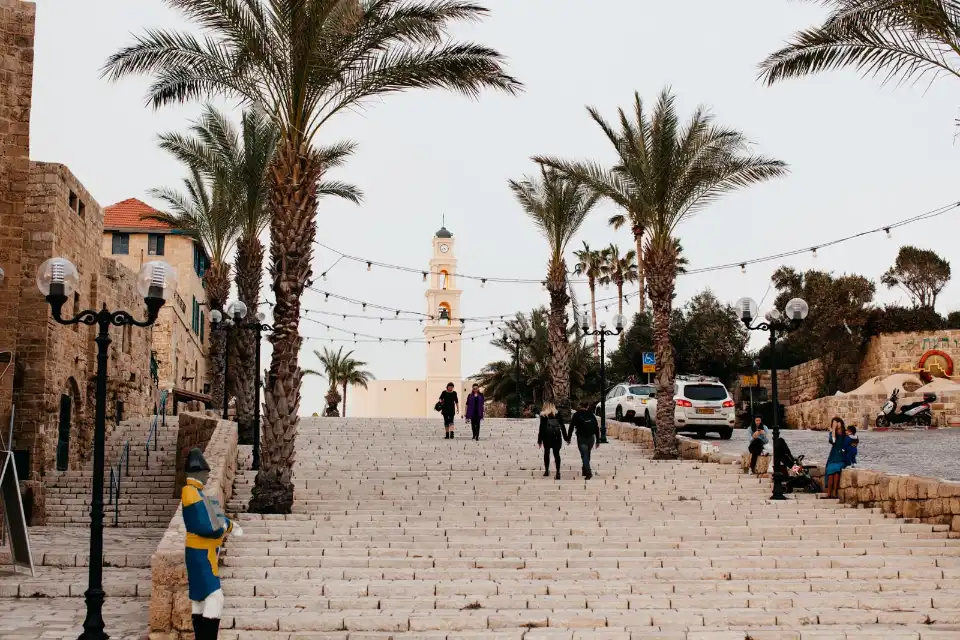
One of the reasons why you should visit Tel Aviv is the opportunity to visit the ancient port of Jaffa – one of the oldest port cities in the world that still exists today.
Besides such a rich history, Jaffa is also a young and culturally diverse city. Here you can meet a lot of people from different countries, cultures and religions living together happily.
After shopping, you can head to the seaport for the freshest fish dishes or visit the traditional restaurant Abu Hassan on HaDolfin Street for the best local hummus.
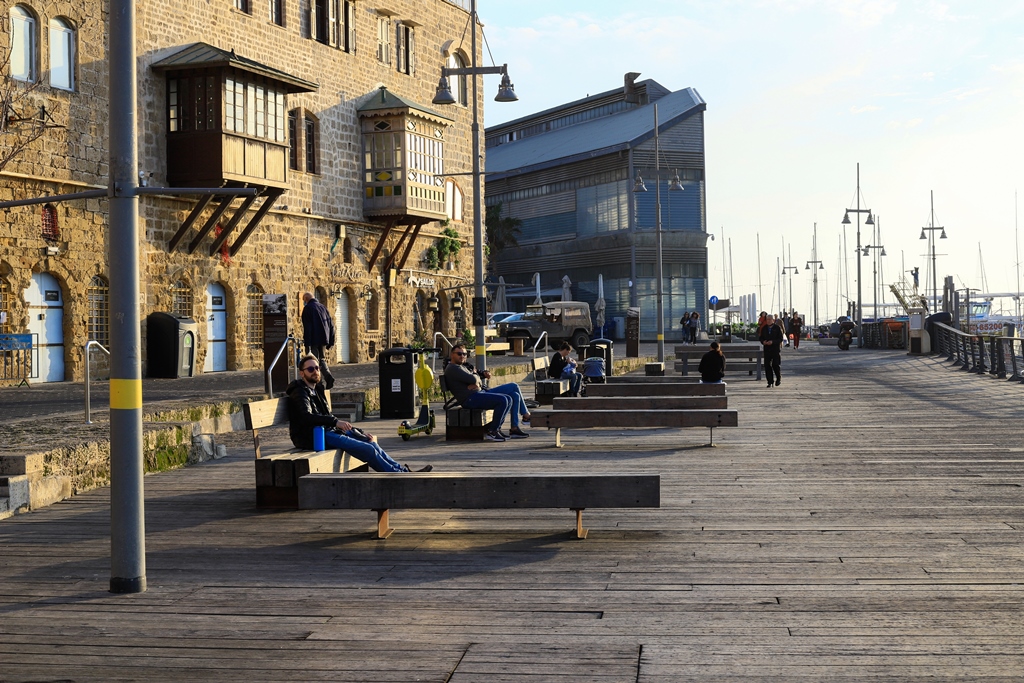
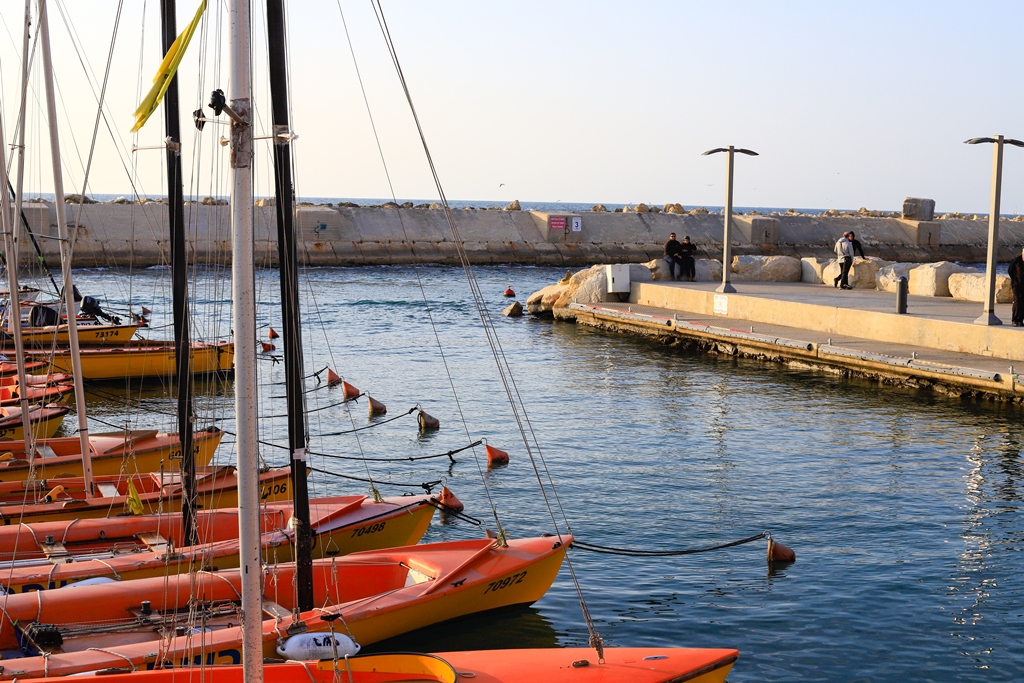
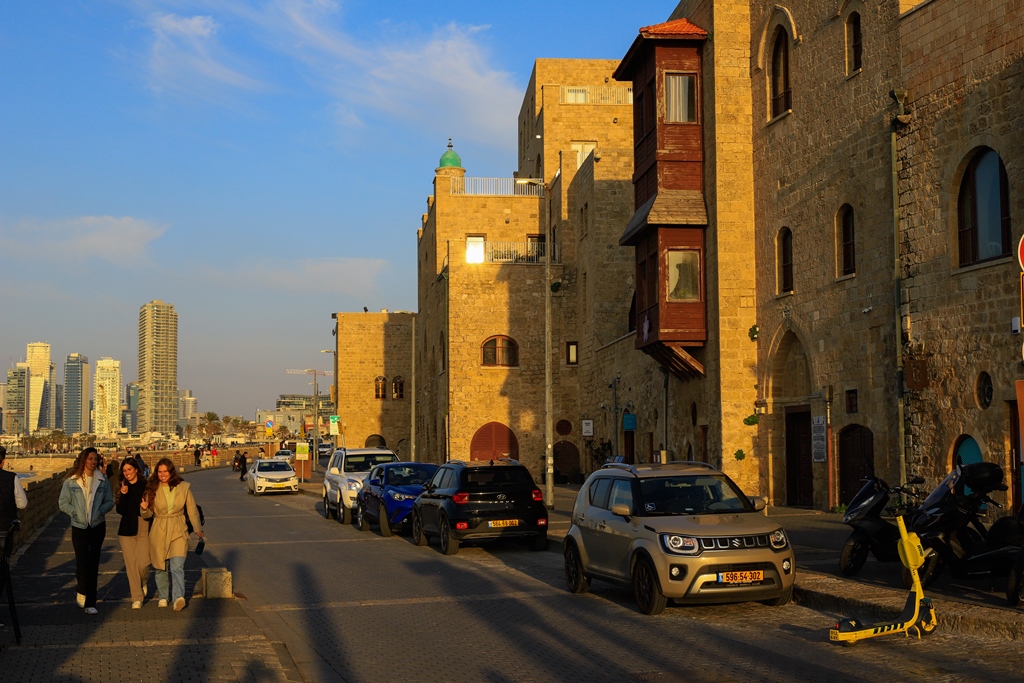
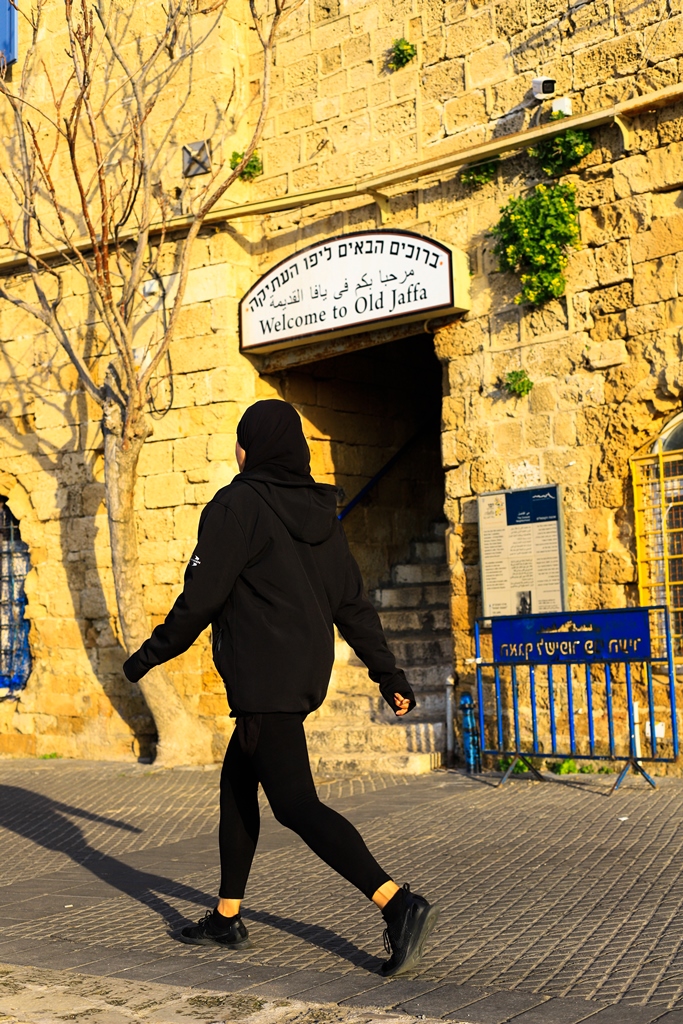
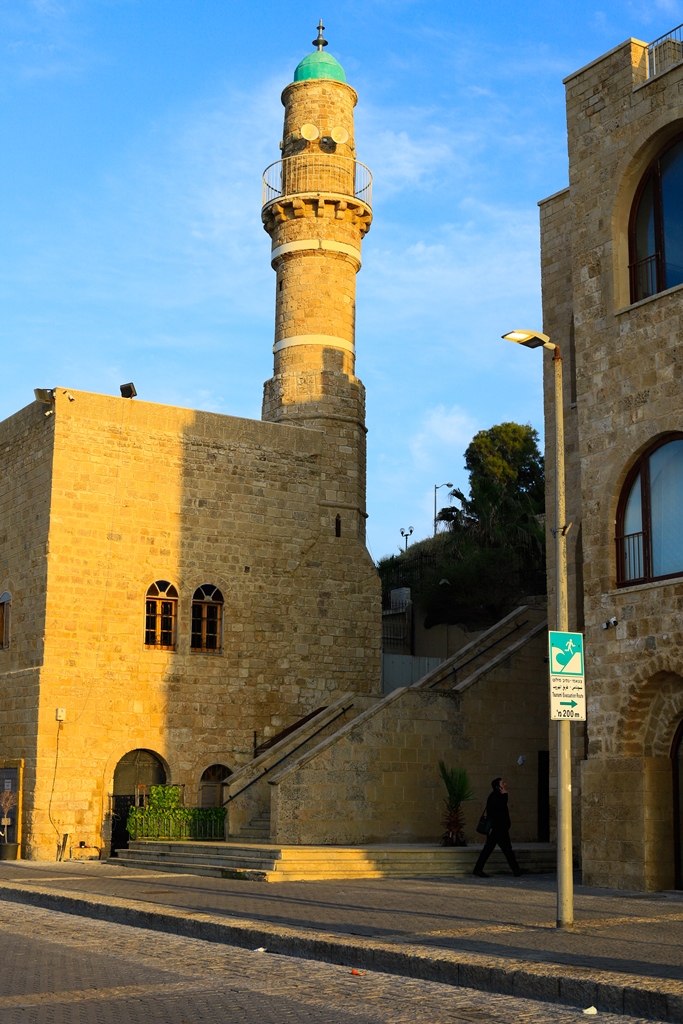
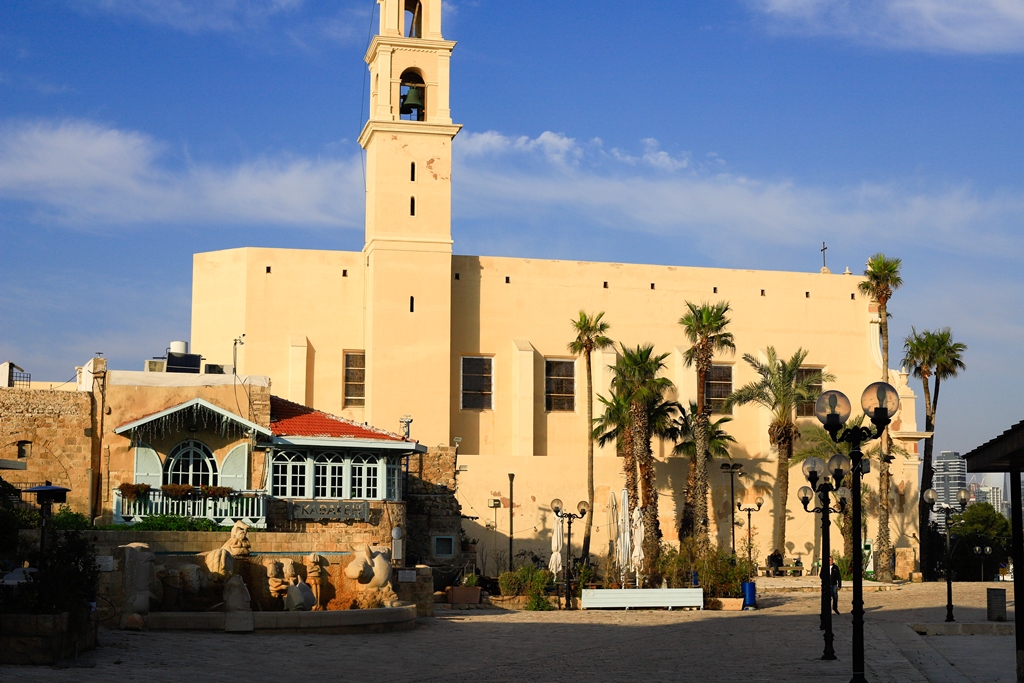
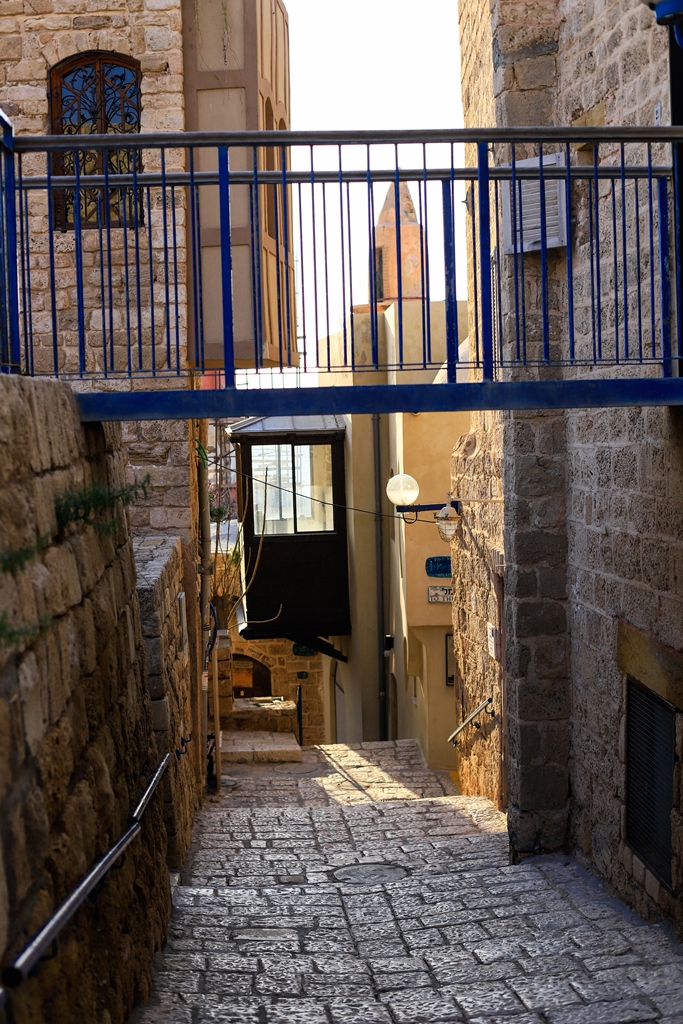
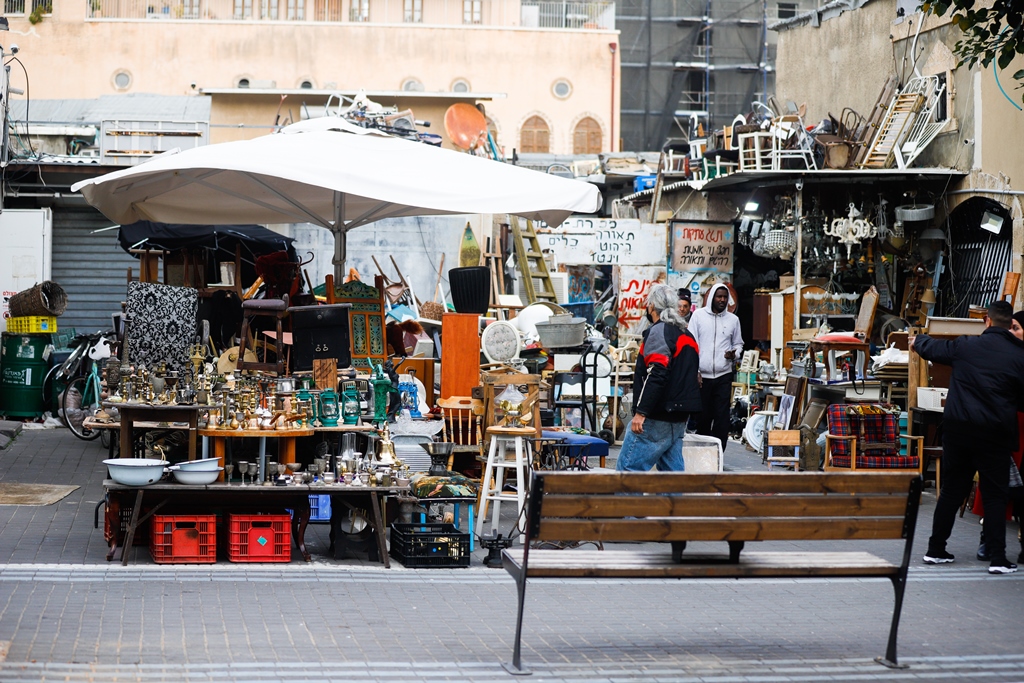
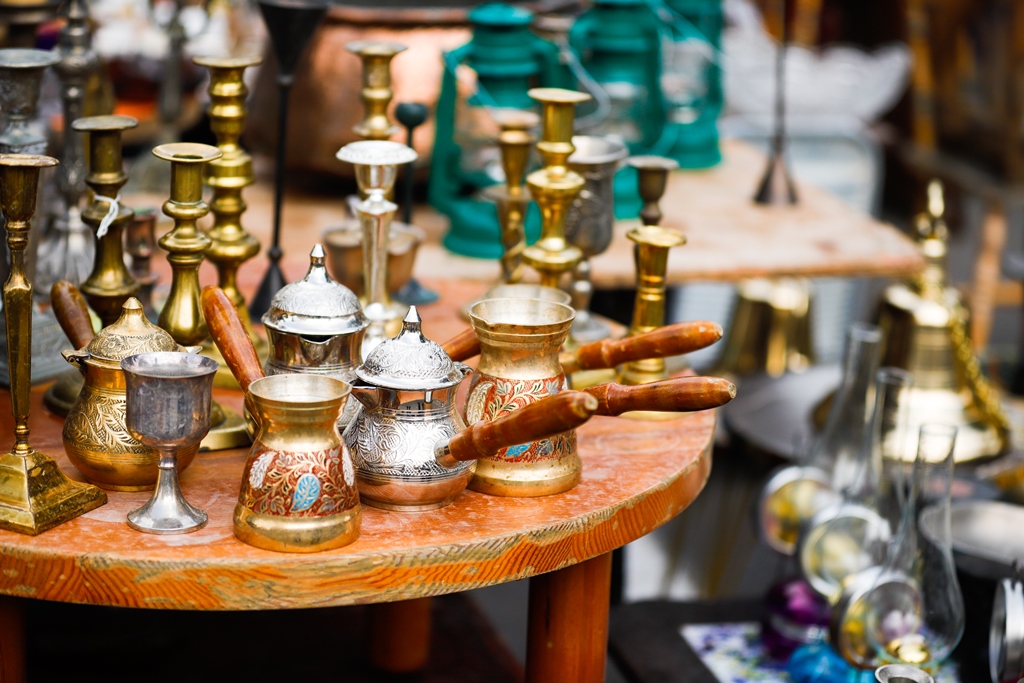
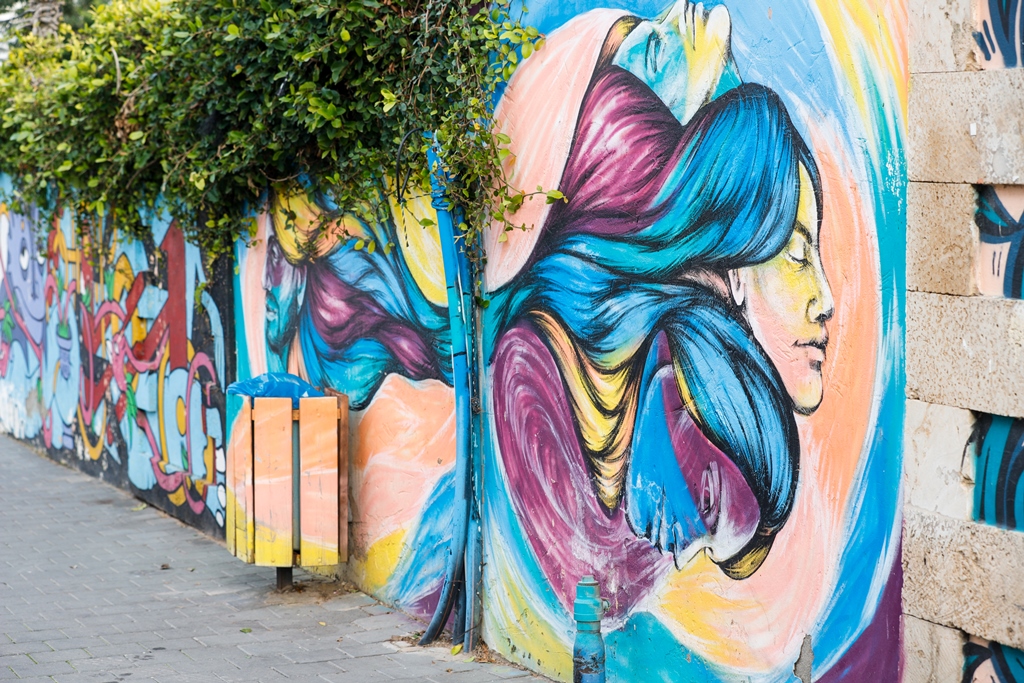
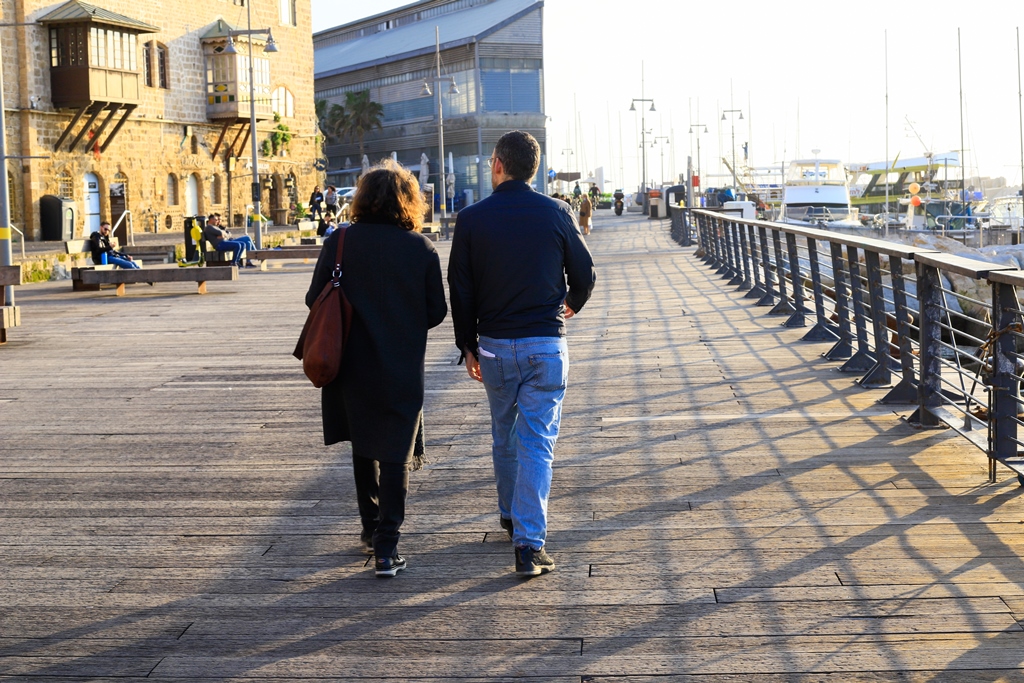
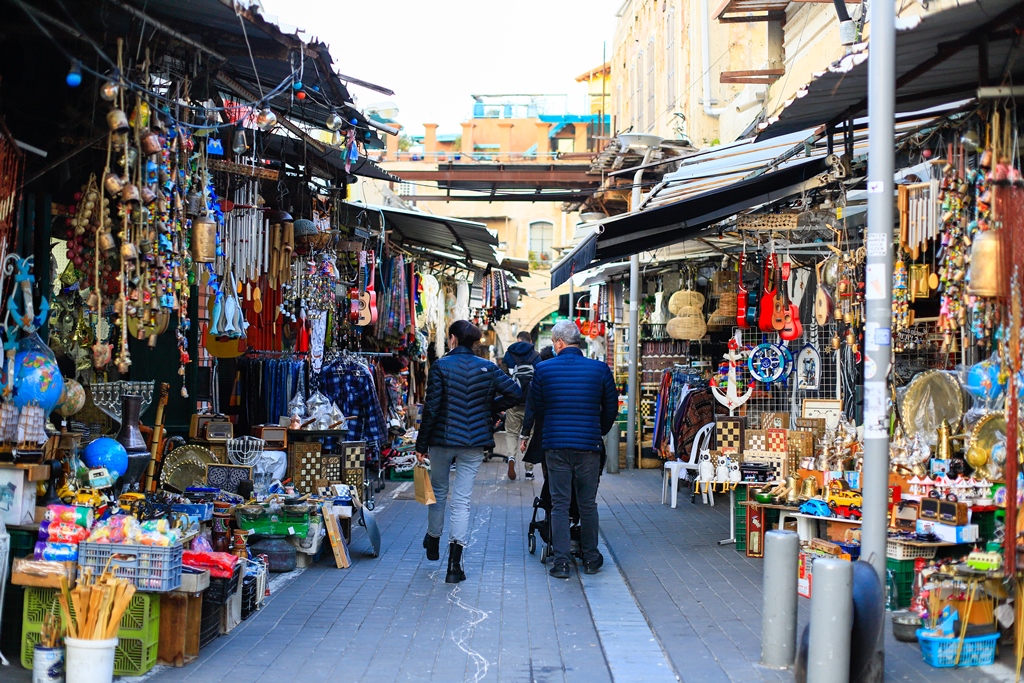
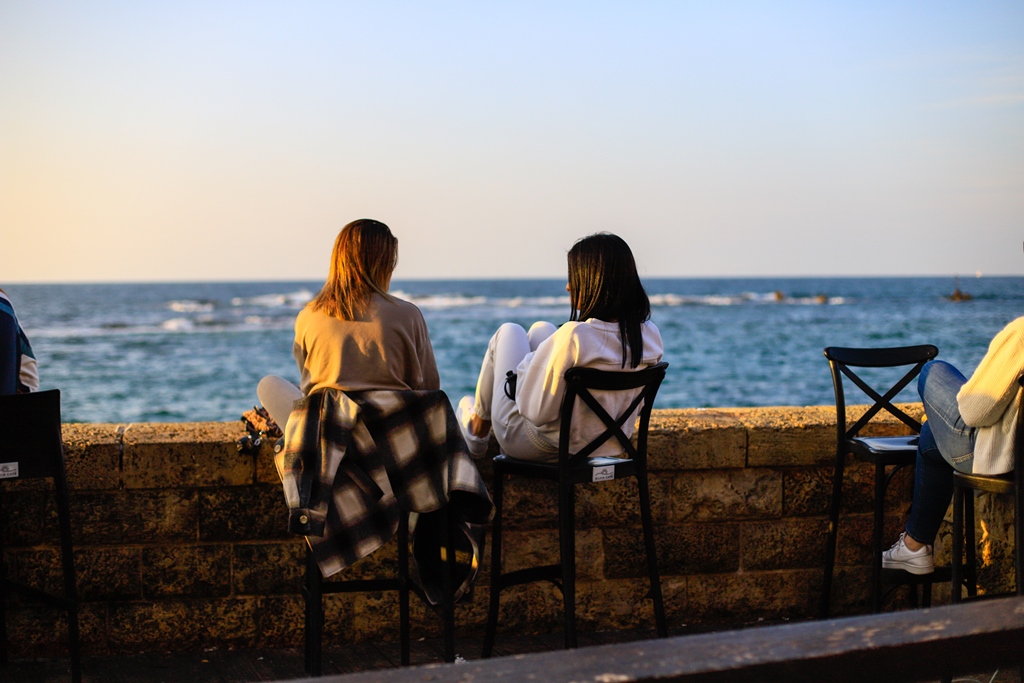

Museums
Tel Aviv’s vibrant cultural scene is most impressively displayed at the Tel Aviv Museum of Art (Address: The Golda Meir Cultural and Art Center, Sderot Sha’ul HaMelech 27, Tel Aviv-Yafo, Israel/Hours: 10AM-6PM, Closed on Sundays). Founded in 1932 by Tel Aviv’s first mayor, the museum now includes the Herta and Paul Amir building and landmark, an outstanding work of modern design. Inside the museum displays Israeli artworks along with international works.
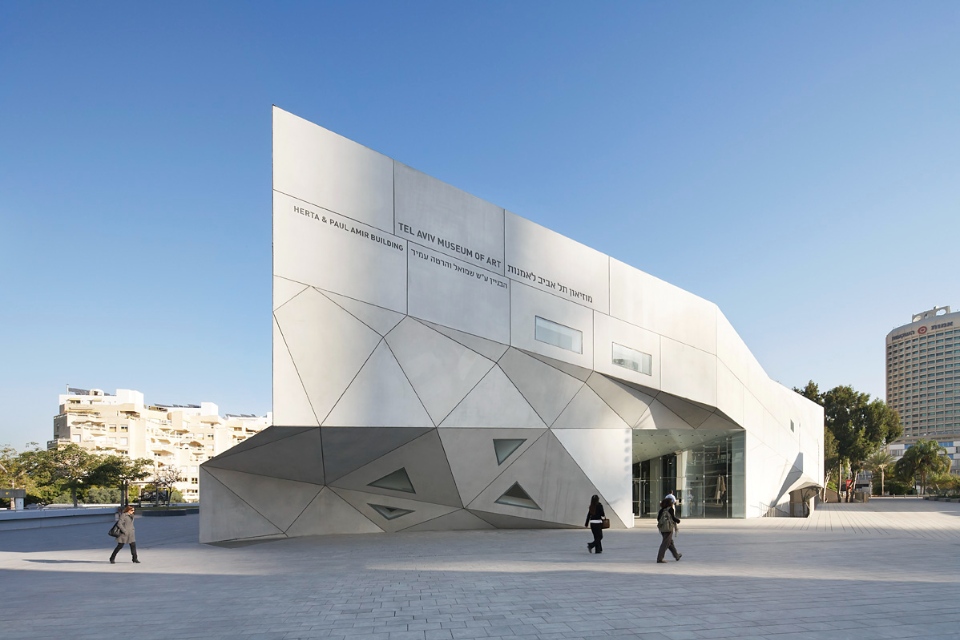
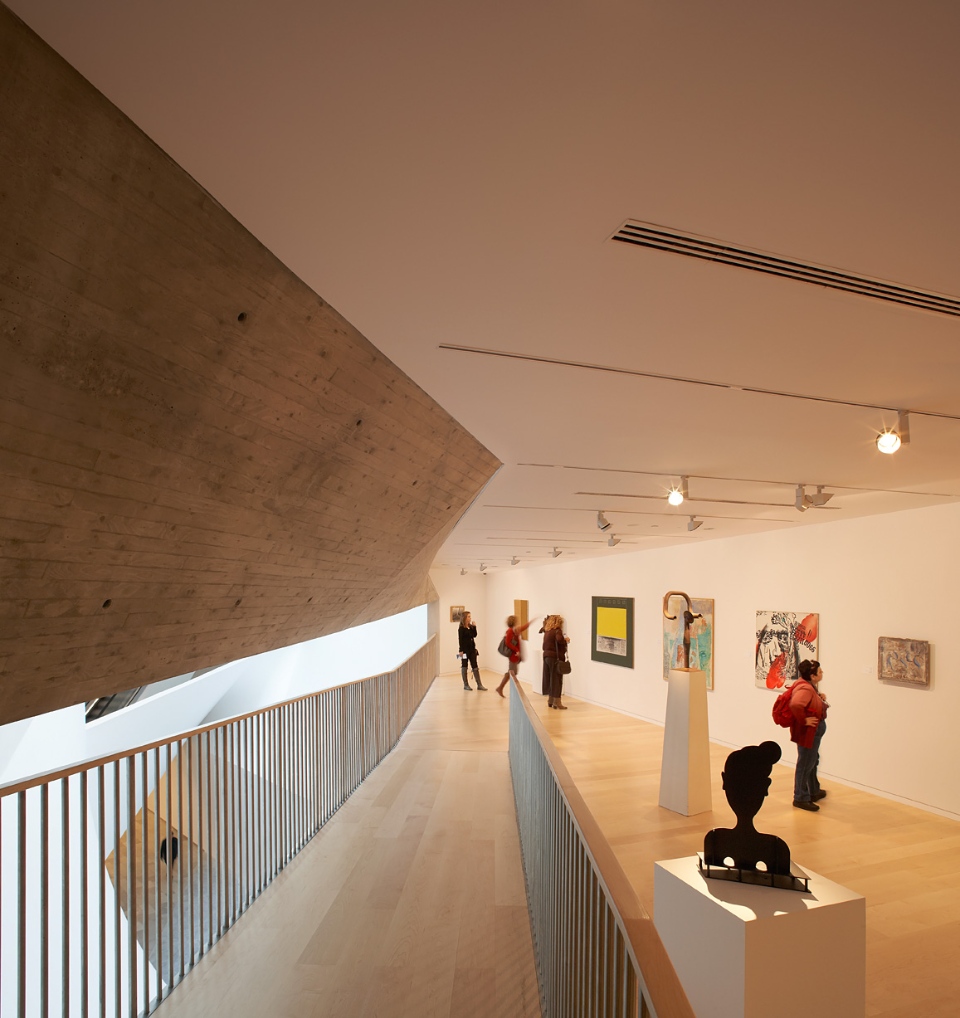
Tel Aviv Museum of Art is a place to store and display local and international artworks. The museum is located in a shopping district with impressive and modern cubic architecture, in stark contrast to the city’s traditional culture.
Visitors with a deeper interest in design should head to the Holon Design Museum (Address: Pinkhas Eilon St 8, Holon, 5845400, Israel). This is a very unusual space, designed by a celebrated Jewish architect named Ron Arad. The terracotta walls with curved arcs reminiscent of orange peels are the first indication that this is no ordinary museum. The unique designs on display will clear all doubts.
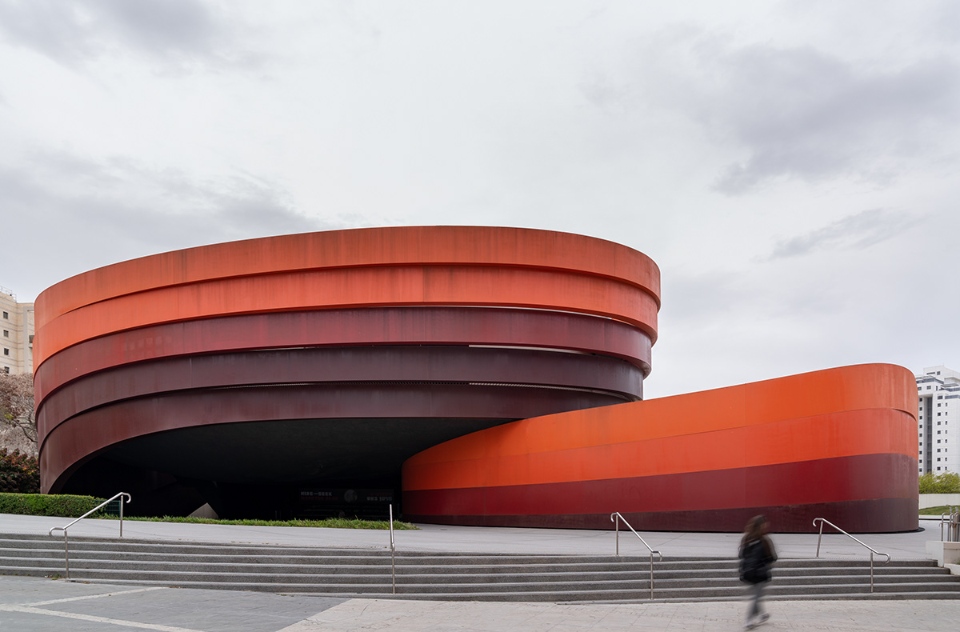
Hayarkon Park
Address: Rokach Blvd, Tel Aviv-Yafo, 6902045, Israel
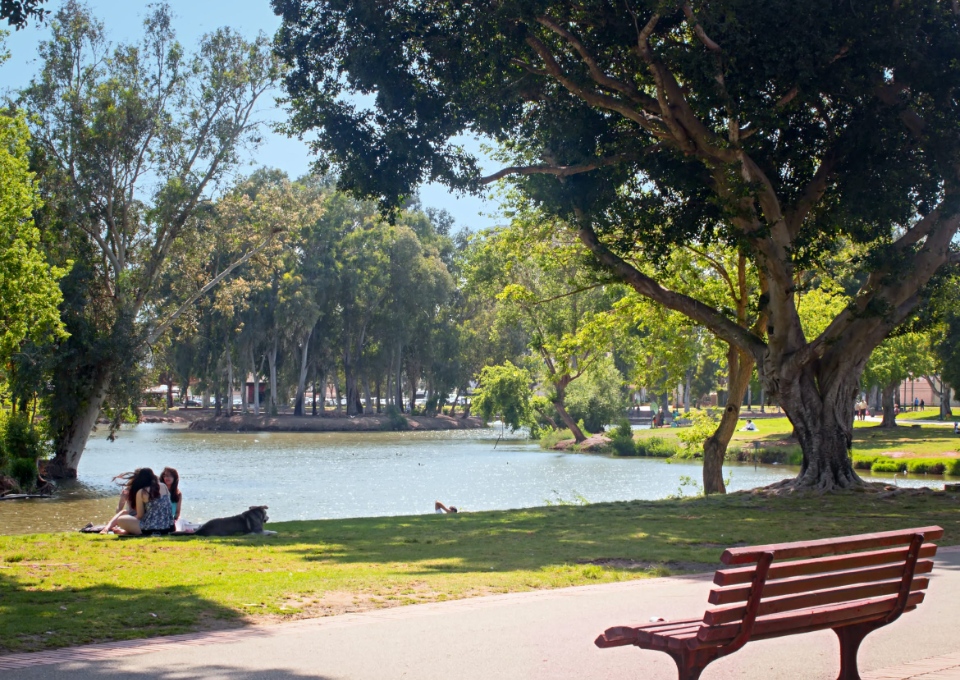
Located north of Tel Aviv, HaYarkon Park offers the largest green space extending from east to west of the Yarkon River. There is also a small zoo in the park and an ideal space for picnics, cycling or boating on the river.
Rothschild Boulevard
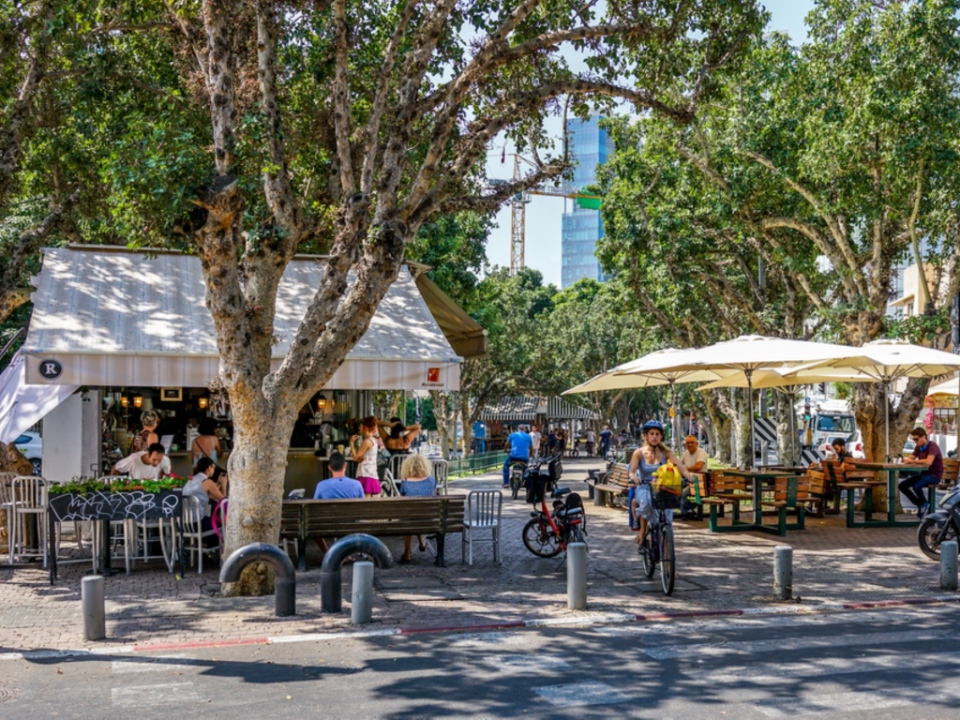
Rothschild Boulevard was the first street built in the city of Tel Aviv. On the corner of Herzl Street, the first coffee kiosk was born in 1910, which is also a favorite spot for tourists. Along the same street, you can also visit Levin House at No. 46 Eclectic architecture from 1920 and Engel House at No. 84. The buildings and structures on Rothschild Boulevard mostly have a history of decades and carry a unique character. unique local architecture.
What to do in Tel Aviv: What to eat in Tel Aviv?
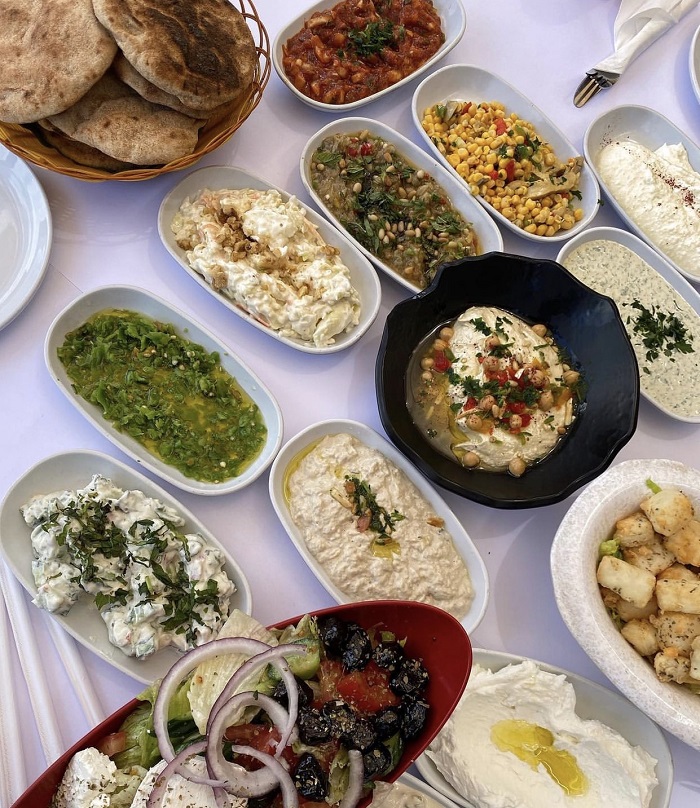
Because the prices in Tel Aviv are expensive, in my opinion you should enjoy street food in popular restaurants, take away or eat in Carmel market for cheap. Normally, food safety and hygiene issues in developed countries are very strict, so street food is still as safe and delicious as restaurants. As I said, Israelis are very strict vegetarians, so meat dishes, especially pork, are rare. Finding food in Tel Aviv is also a headache for me, if in Jerusalem I can find pizza everywhere for only 8sk / piece, in this expensive city, the food is both rare and too expensive.
Hummus, vegetable sandwiches with bean sauces, are daily dishes in Israel. In addition, to change your taste, you can have Falafel, a deep-fried ball or doughnut dish, made from chickpeas or peas.
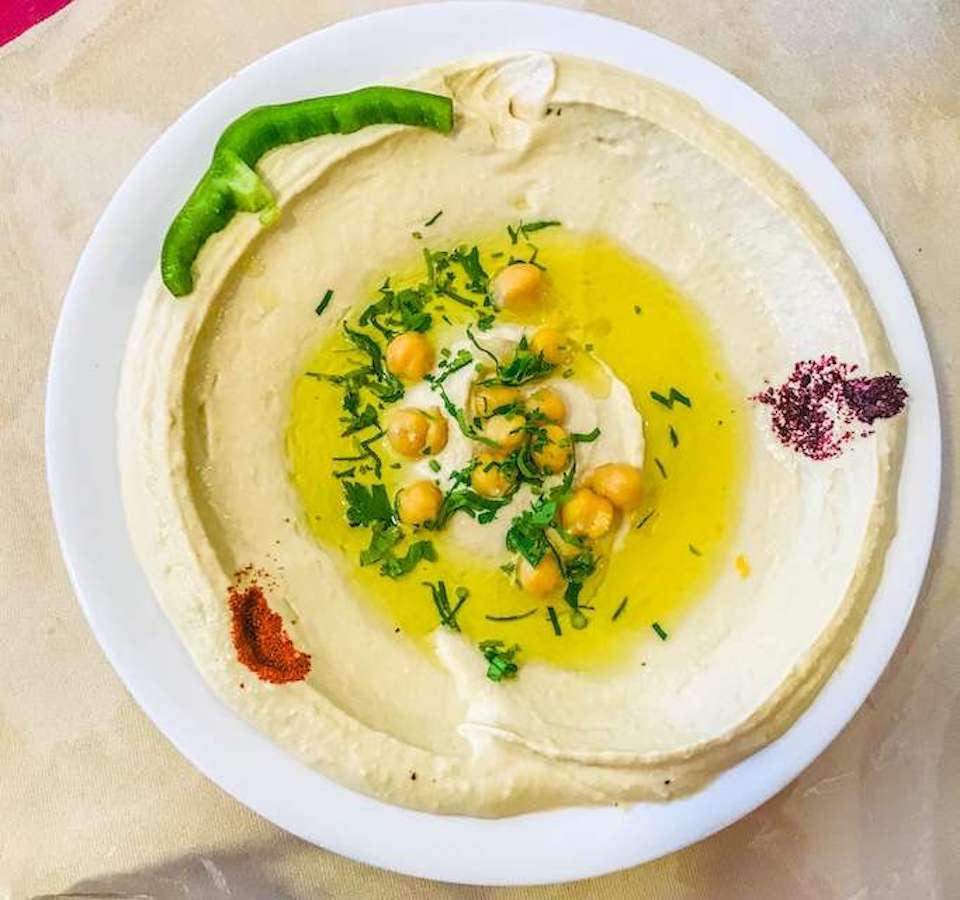
Drinks, try Sahlev or Sachlav, a traditional drink made from ground orchid bulbs and milk, often flavored with rose or orange blossom, and topped with nuts, dried fruit and cinnamon. Today, many versions are thickened with cornstarch, with toppings, including vanilla, caramel, and banana. Don’t forget to try fruits and juices, the pride of Israel.
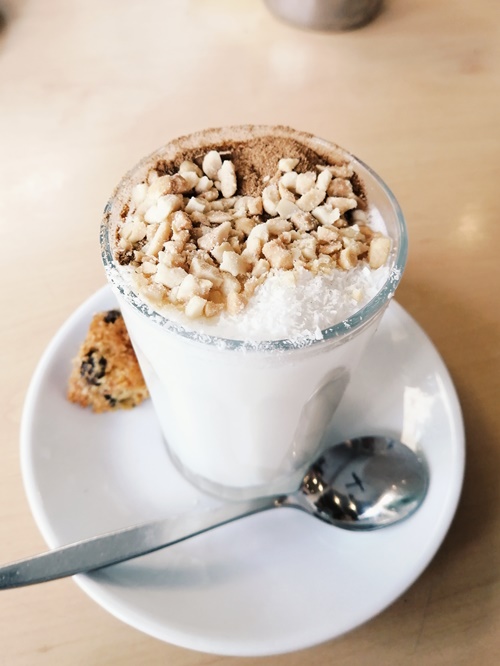
In the US, fast food makes people think of cheese sandwiches, salted hot dogs. But in Tel Aviv, it’s easy to eat healthy even when you’re hungry on the road. The street food in Tel Aviv, as in many cities near the Mediterranean Sea, is full of fresh fruit, beans and olive oil. If you come here, you can’t help but try Falafel or sabich. This is a sandwich with a filling made from chickpeas (chickpeas) or eggplant with cabbage, beets, and sesame oil. Israel is famous for its delicious chickpeas and fried bean balls.
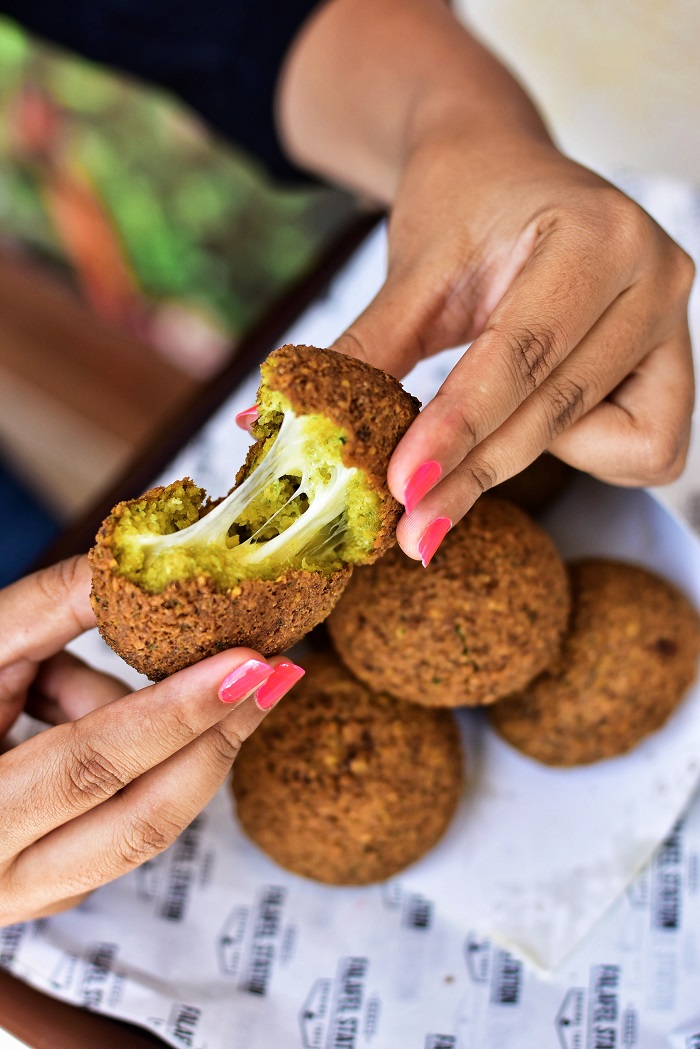
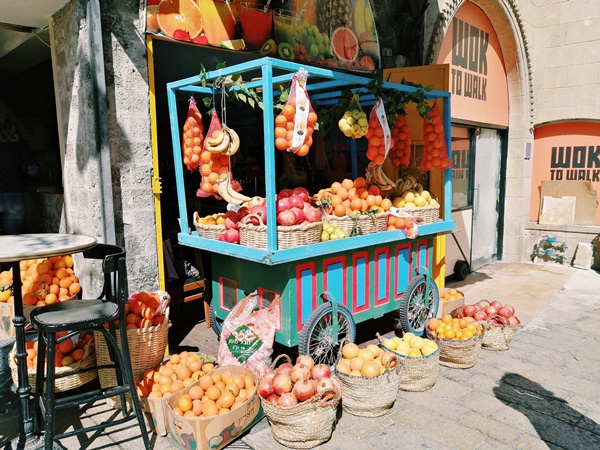
Below we recommend some restaurants you should try
The Norman and Bar
Address: Nachmani St 25, Tel Aviv-Yafo, 6579442, Israel
Hours: 7AM–10:30PM
A small refurbished hotel in the heart of Tel Aviv, The Norman is renowned for its lavish facilities and impeccable service. It is therefore not surprising that the hotel’s restaurant of the same name is considered one of the best restaurants in the city. Inspired by the culinary traditions of Italy, The Norman restaurant designed the floor with sophisticated textures and neutral decor with the liberal style of a French restaurant, in harmony with the elegance of the menu of Mediterranean style. The outdoor lounge is where diners can enjoy Israel’s mild climate while indulging in an extensive wine menu. You should make a reservation if you want to have a seat here.
Yaffo Tel Aviv
Address: Yigal Alon St 98, Tel Aviv-Yafo, Israel
Hours: 12–3PM, 6–10PM/Friday, Sunday: 6–11PM

Renowned Israeli chef Haim Cohen has made a splash with Yaffo Tel Aviv, a relaxed high-ceiling restaurant that combines familiar local flavors with fine dining in the European culinary arts. Pay special attention to the wine menu, carefully curated to inspire diners with less well-known tempting wines.
Claro
Address: Yigal Alon St 98, Tel Aviv-Yafo, Israel
Hours: 12–4PM, 5:30–11:30PM/Friday, Saturday: 9AM–4PM, 5:30–11:30PM
Under the brilliant hands of veteran chef Ran Schmeli, it should come as no surprise that Claro is one of Tel Aviv’s most loved dining venues. From a distillery with honeycomb limestone walls, Schmeli has built a bustling restaurant serving the culinary needs of discerning young people. The bill is expensive but it’s well worth it for the local dishes made with fresh, seasonal ingredients and the exceptionally creative cocktails.
Ari
Address: Nahalat Binyamin St 66, Tel Aviv-Yafo, Israel
Hours: 7PM–1AM/Monday, Sunday: Closed
Housed in a large old building near Rothschild Boulevard, Aria’s historic look is completely different from the vibrant bar and restaurant inside. The short menu, which combines seafood and animal dishes, is inspired by the views of the surrounding area, like Greek sashimi with tzatziki sauce, mashed tomatoes, red onions and Spanish mint. Diners who want to try everything can explore the buffet menu with ten main courses and two desserts. Guests can then head downstairs to the cocktail lounge with the DJ and enjoy outstanding drinks.
The best rooftop bars
From the attic floor of the Brown TLV Urban Hotel, you can enjoy a panoramic view of the city, making it a favorite bar for yellow-skinned people. Plaid deck chairs, extendable sun loungers, outdoor Jacuzzi tubs and a well-stocked bar will encourage guests to enjoy the two best pleasures in life, sunbathing and cocktails. Guests also have access to the sleek and sophisticated “B on top” Rooftop Lounge and Pool with beautiful fountains. Guests can enjoy the breathtaking view of the infinity pool during the day, then drop to the beats of Tel Aviv’s top DJs as night falls.
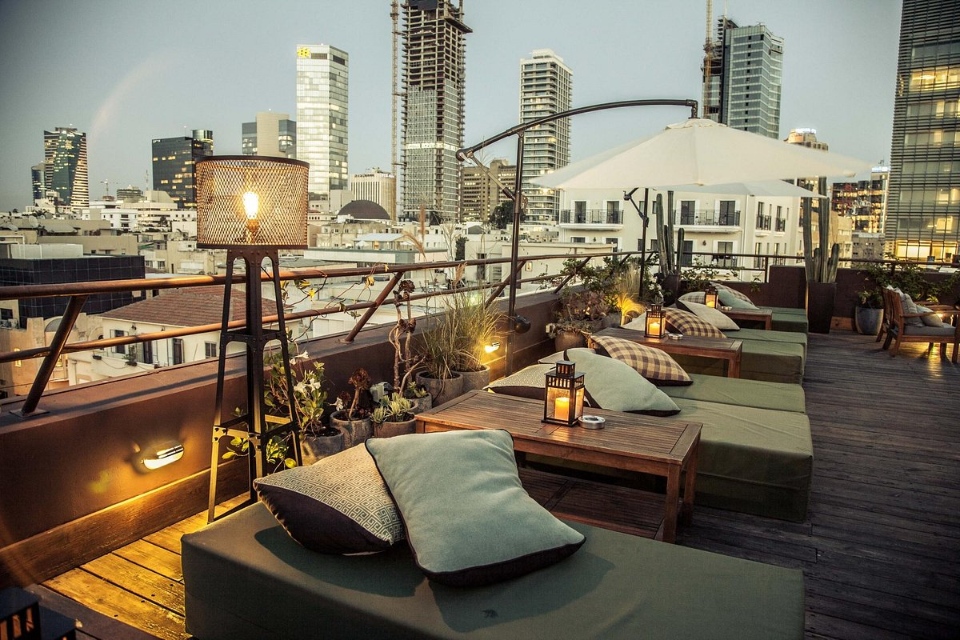
Although located on the 10th floor of an office building, the rooftop bar SuraMare with a glass wall surrounded is a completely different world from the office environment. With a splendid skyline all around, this restaurant serves fresh food and creative cocktails.
If you want to explore the nightlife in a city steeped in traditional culture when traveling to Tel Aviv, visit the famous bar Teder. Teder is a pop-up bar held in a small courtyard inside the Beit Romano shopping complex. Downstairs is a dance floor area and a pizza workshop.
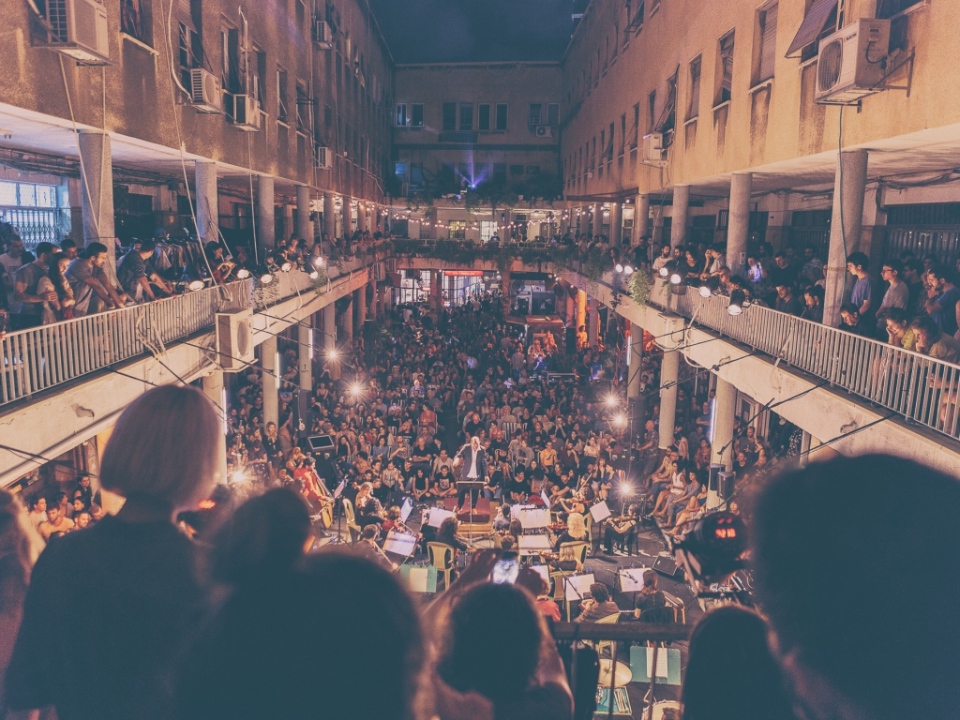
What to buy as gifts in Tel Aviv?
After walking along Mediterranean coast early in the morning, I checked out and went to Flea Market near Jaffa port to look for antiques and find something strange as souvenirs. This market has many old and interesting things such as antique coins, old bowls, multi-branched lamps, things from Iran, China… or old books, bibles… if you look carefully, you will find them. The price, the guys here look at your face and then quote the price, you consider the value of the items before you bid. You can take a bus from Jaffa to Carmel market, I don’t have time to go to this market, but my friend said there’s a lot of food there.

- Cosmetics in the Dead Sea: Premier and AHAVA are two quite famous cosmetic brands in this area, if you buy them right at the factory, it will be much cheaper.
- Dates: Date here is grown a lot, so the output is very large, buying as a gift is also very reasonable, the fruit is bigger and drier than in Vietnam but very delicious and sweet.
- Wine: Here you can choose to buy a few bottles of wine as both delicate and meaningful gifts, some of the following wine brands you can refer to: Galilee, Negev, Judean Hills,…
Israeli bracelets: This can be considered a meaningful gift because it brings the symbol of Israel on the bracelet. - Pottery: You can choose from many pottery items such as mugs, plates, bowls, decorative objects of all kinds.
- If giving as a gift, buy arak, a 30% alcohol-based spirit made from grapes, or pomegranate wine, which has an alcohol content of 12%.
- The refrigerator magnets bearing the Israeli symbol are also very lovely.
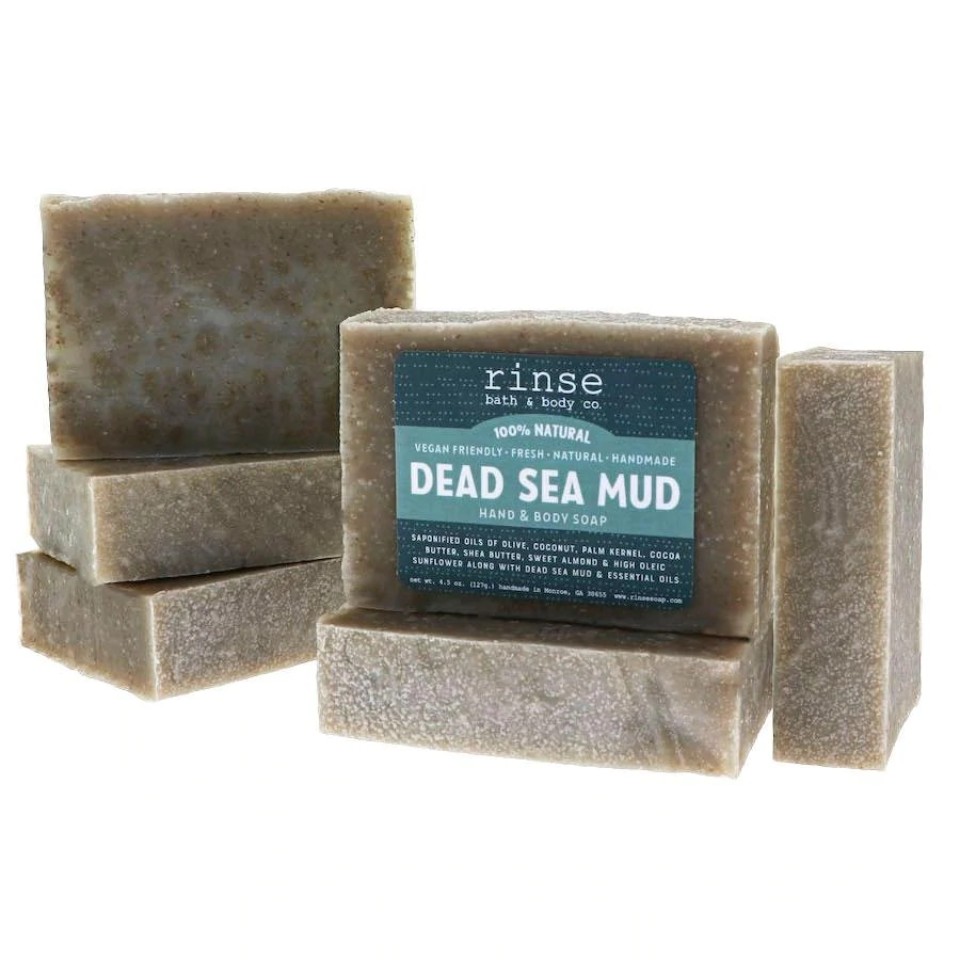
Things to note before you traveling to Israel?
- No smoking on Saturday, according to Jewish law, if you want to smoke, you should go to a place where there are no people to avoid disturbing others.
- Leave a tip to the waiter, because the waiters here don’t have a salary, they live off the tips of the guests. So you should tip them 10% of the bill .
- Keep your distance, limit touching the body of the other gender if they show any dislike.
- Dress discreetly when visiting sanctuaries such as mosques, churches.
Some best day tours, trips, activities and transfer services, tickets in, from and to Tel Aviv you can refer to
- Masada, Ein Gedi and Dead Sea Day Tour from Tel Aviv
- Tel Aviv Architecture 2-Hour Walking Tour
- [Unlist] Tel Aviv Diamond Exchange Private Tour
- Tel Aviv Street Art Walking Tour
- Tel Aviv Architecture, Food, and Street Art Walking Day Tour
- Tel Aviv Carmel Market Walking Food Tour
- Jericho, Ramallah, and Bethlehem Tour from Tel Aviv
- From Tel Aviv: Masada & Dead Sea Full Day Tour with Pick Up
- From Tel Aviv: Jerusalem and Bethlehem Guided Day Trip
- Caesarea, Haifa & Akko Day Trip from Tel Aviv
- From Tel Aviv: Jerusalem Old City & Dead Sea Guided Day Tour
- Nazareth, Tiberias & Sea of Galilee Day Trip from Tel Aviv
- From Jerusalem: Nazareth and Sea of Galilee Tour
- From Tel Aviv: Masada, Ein Gedi, and Dead Sea Guided Tour
- From Tel Aviv: Jerusalem Old City & Dead Sea Guided Day Tour
- From Jerusalem: Masada, Ein Gedi, Dead Sea Guided Tour
- Masada & Dead Sea Tour: Full-Day from Jerusalem
Read more Israel guide here.



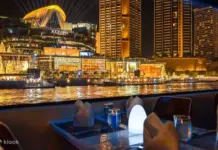


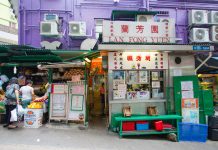
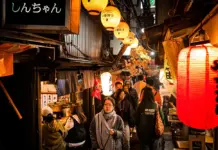




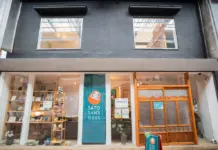
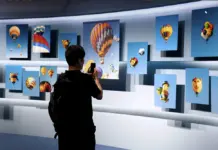

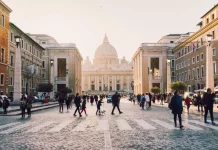





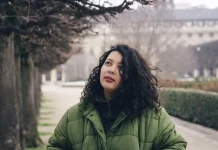

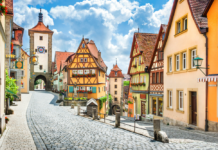








![10 best airports in Asia in 2016 [RANKED] kuala-lumpur-international-airport-best airports in asia in 2016 by skytrax ratings](https://livingnomads.com/wp-content/uploads/2016/08/29/kuala-lumpur-international-airport-best-airports-in-asia-in-2016-by-skytrax-ratings-218x150.jpg)








